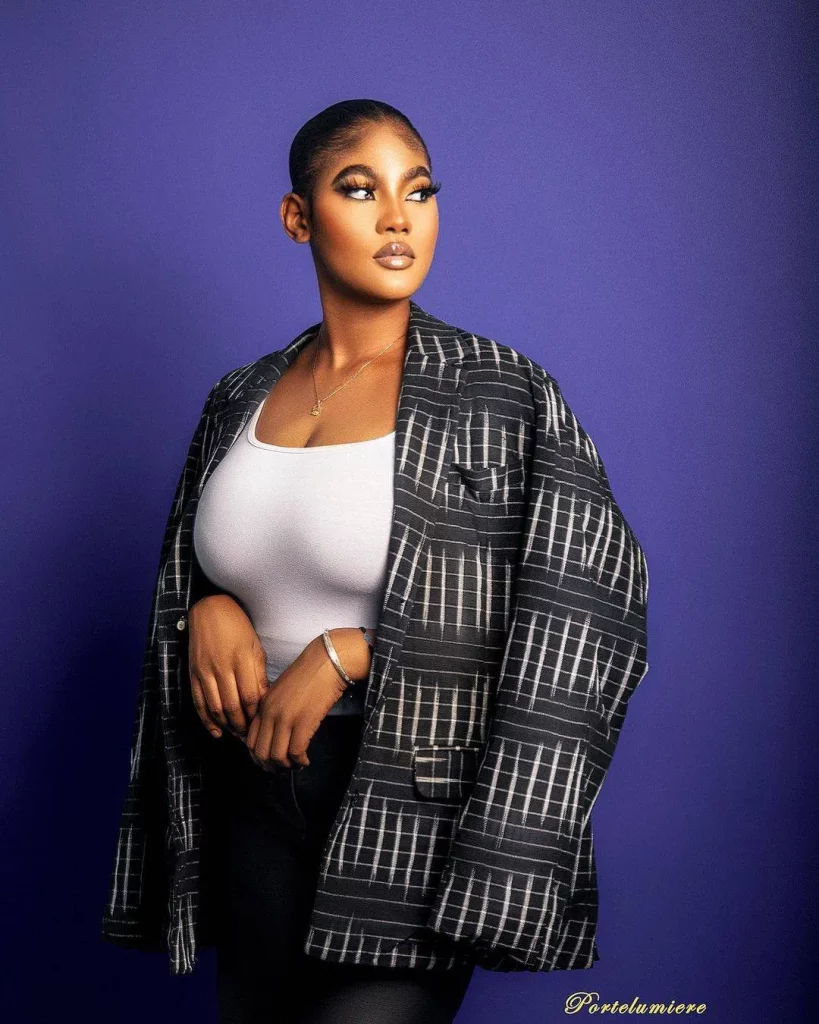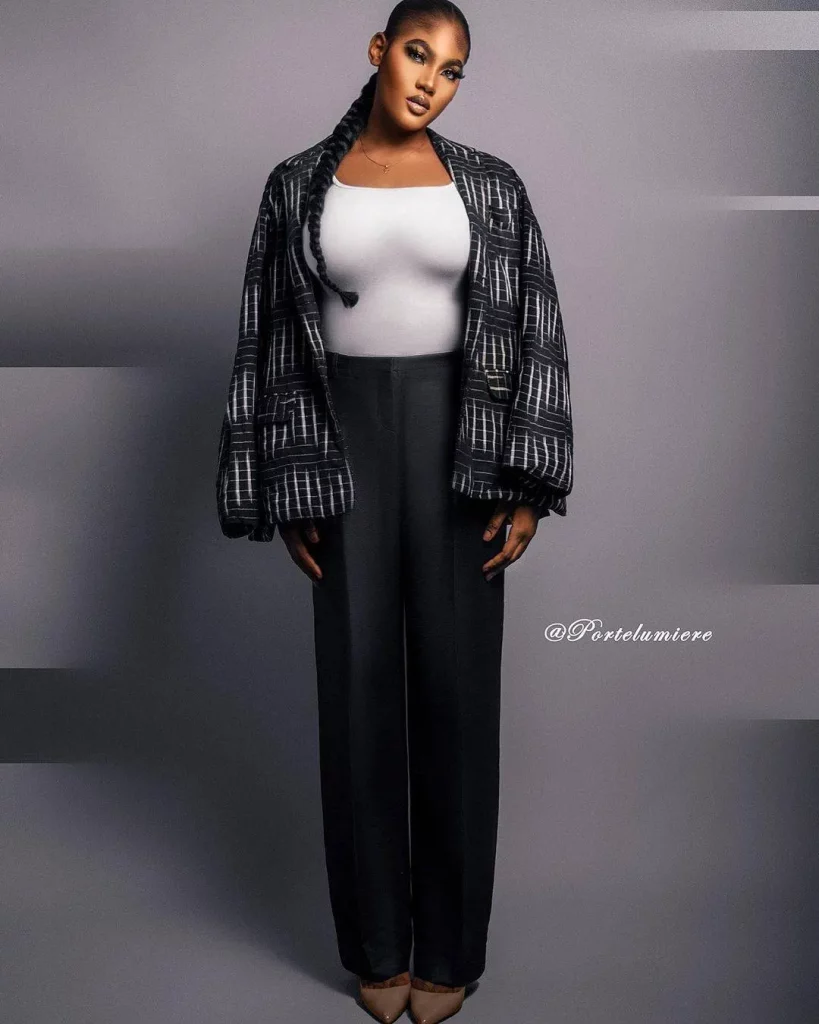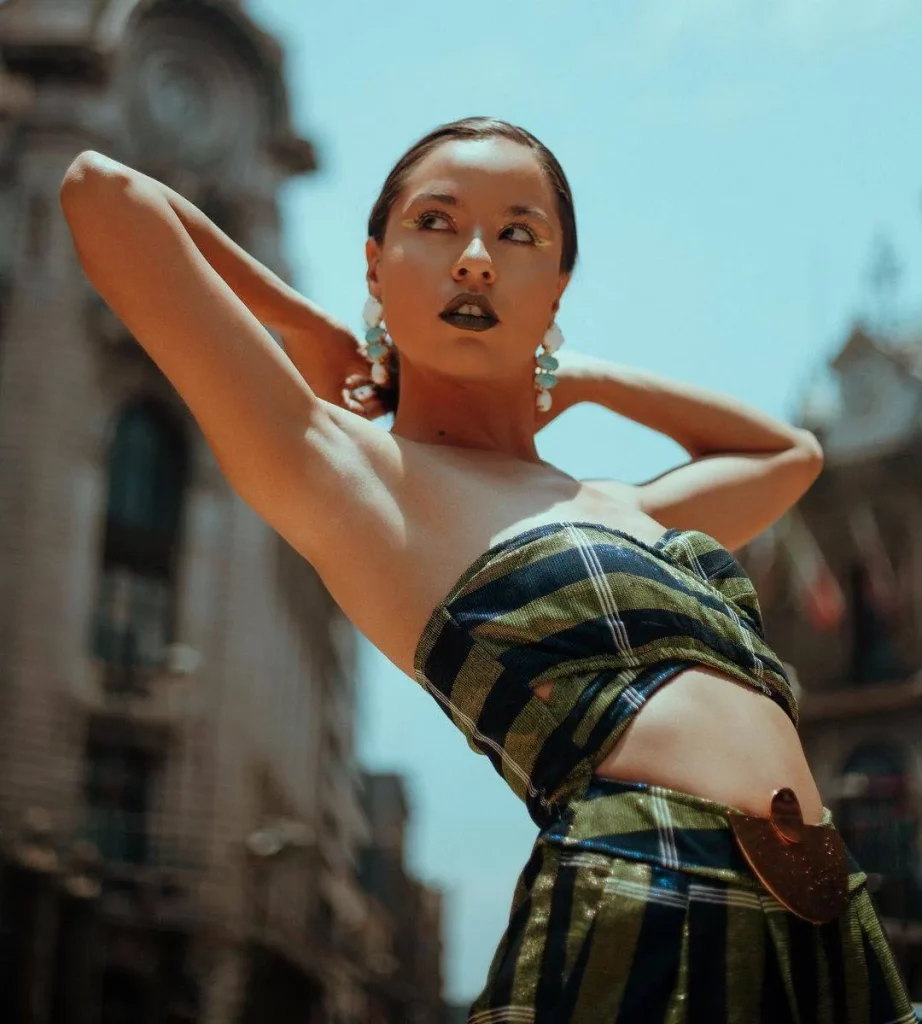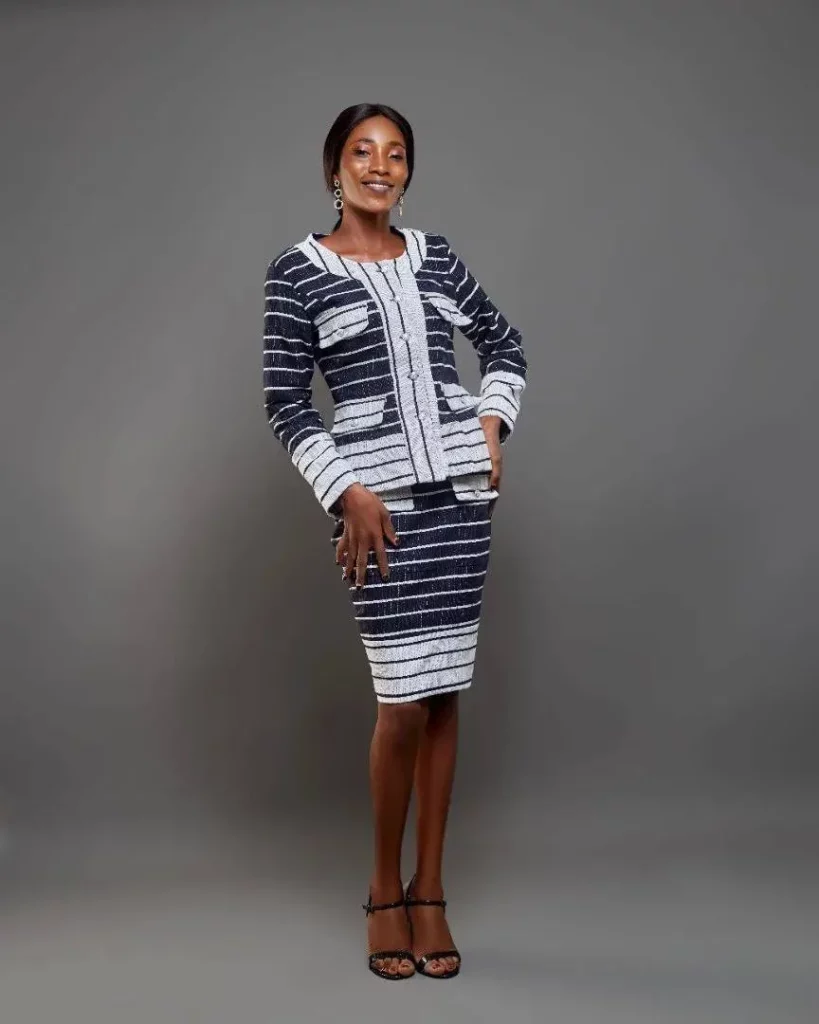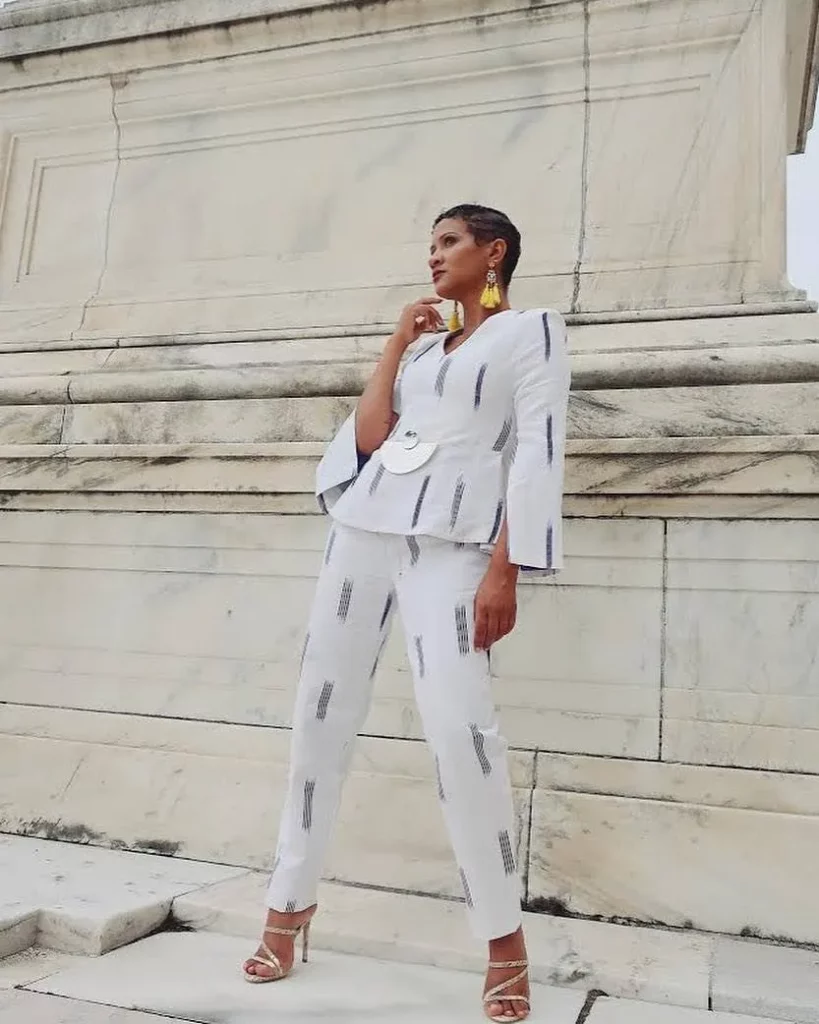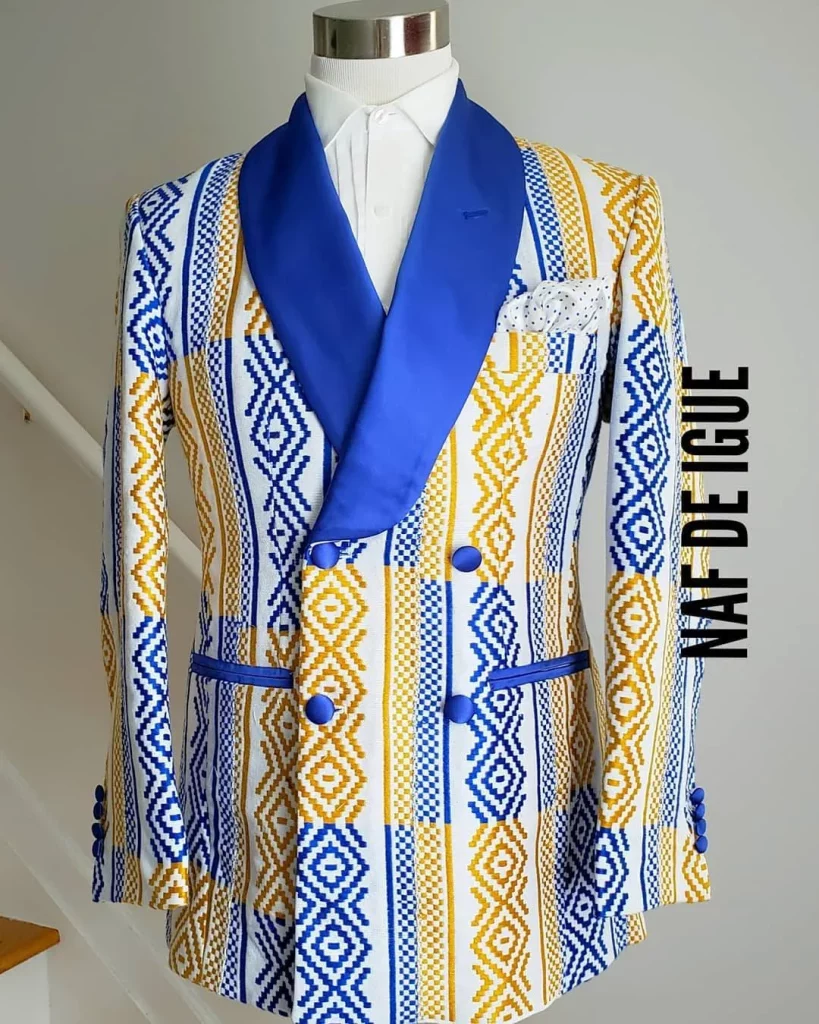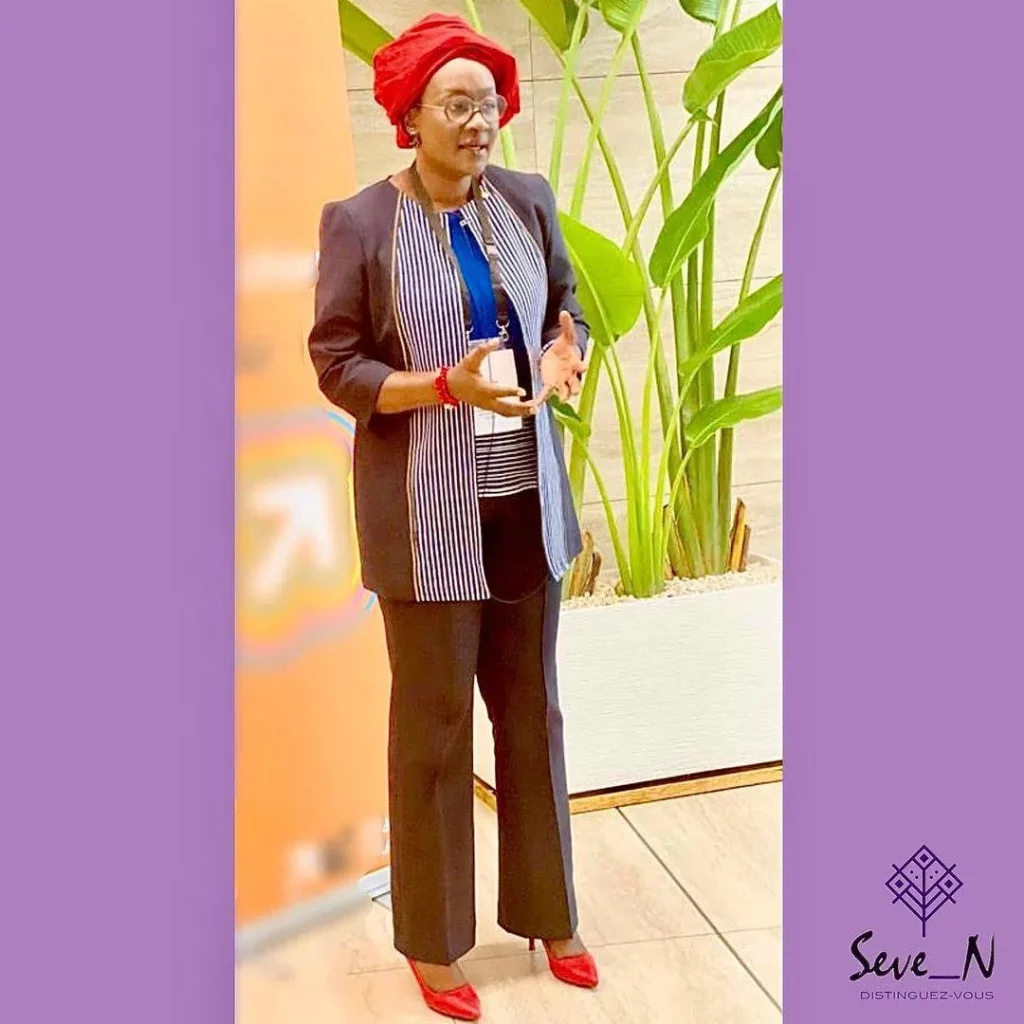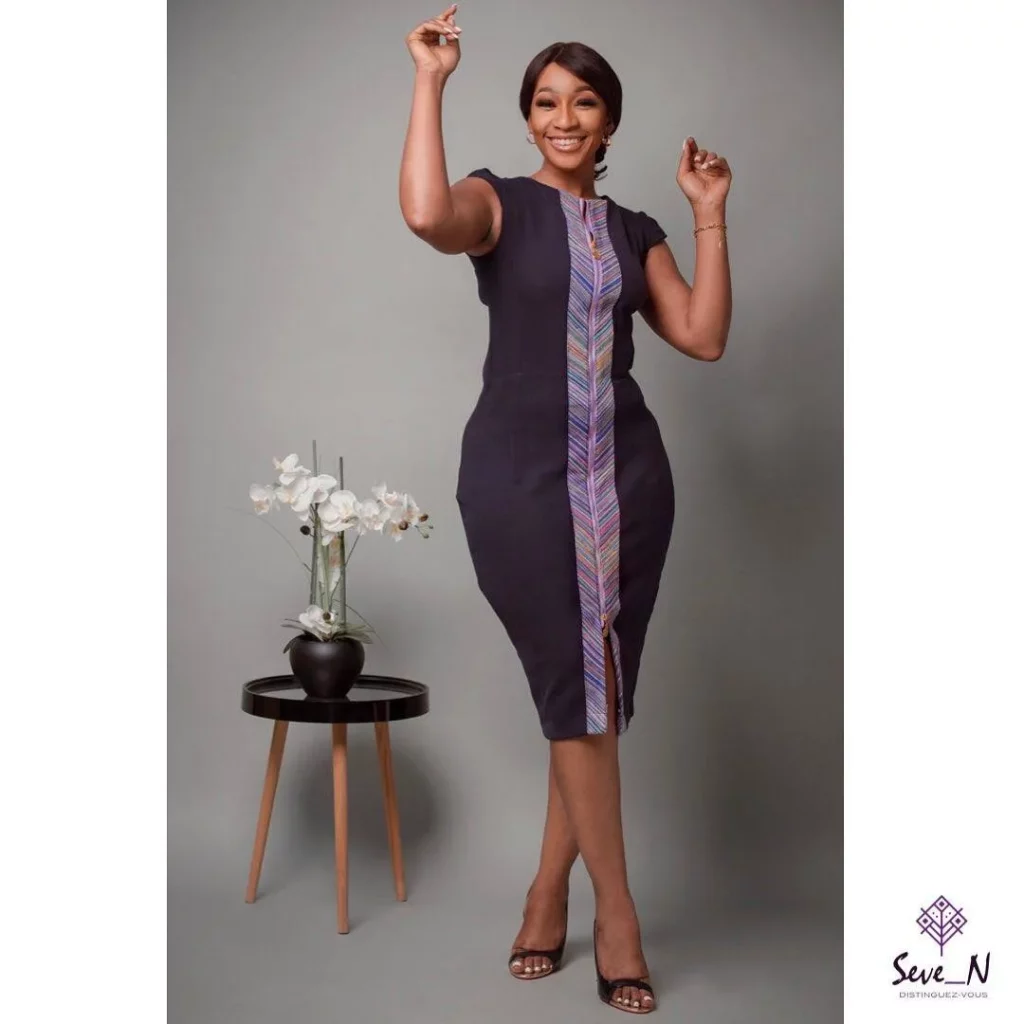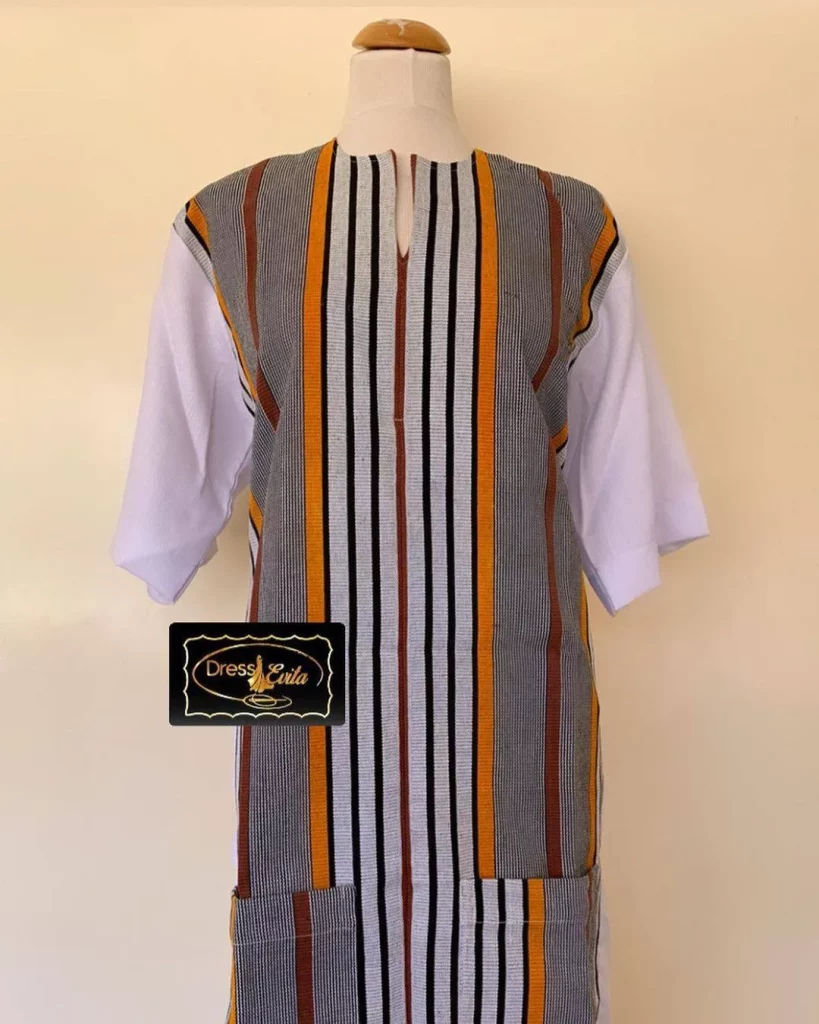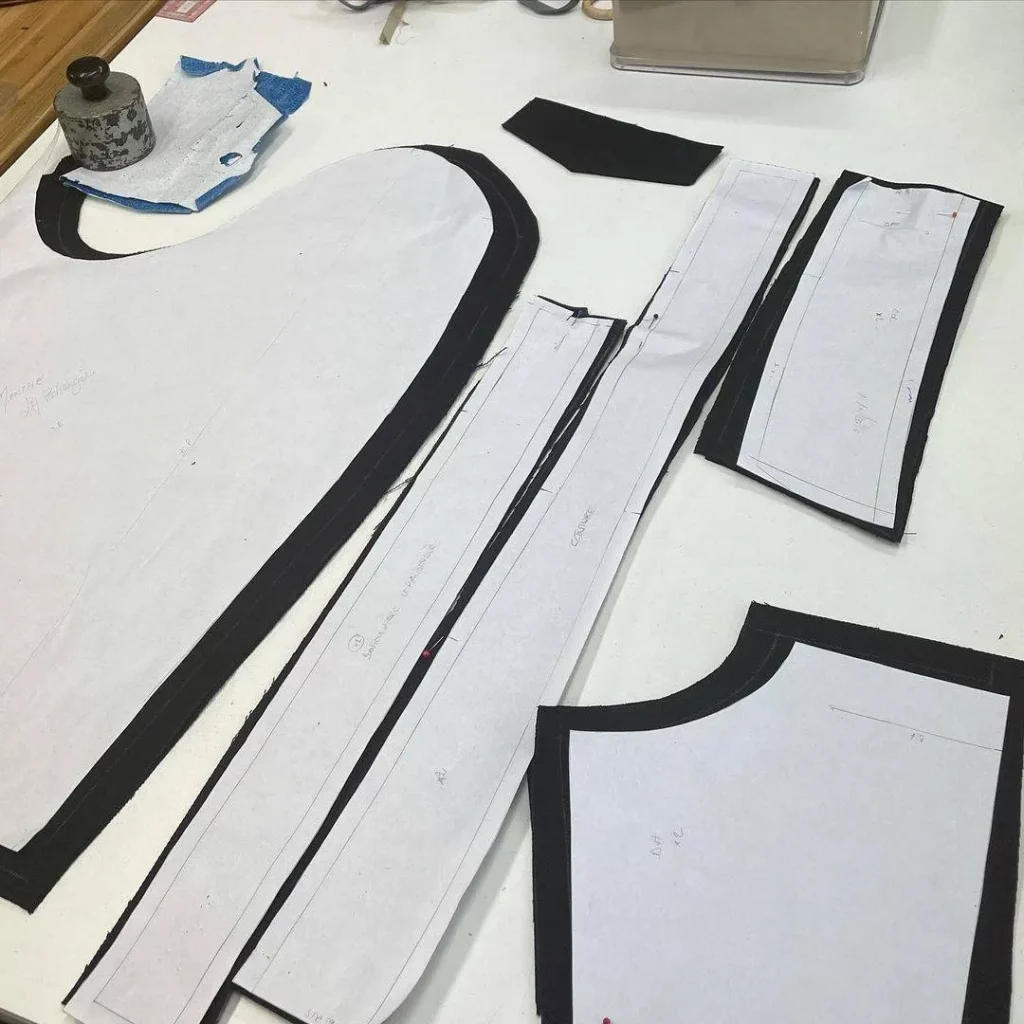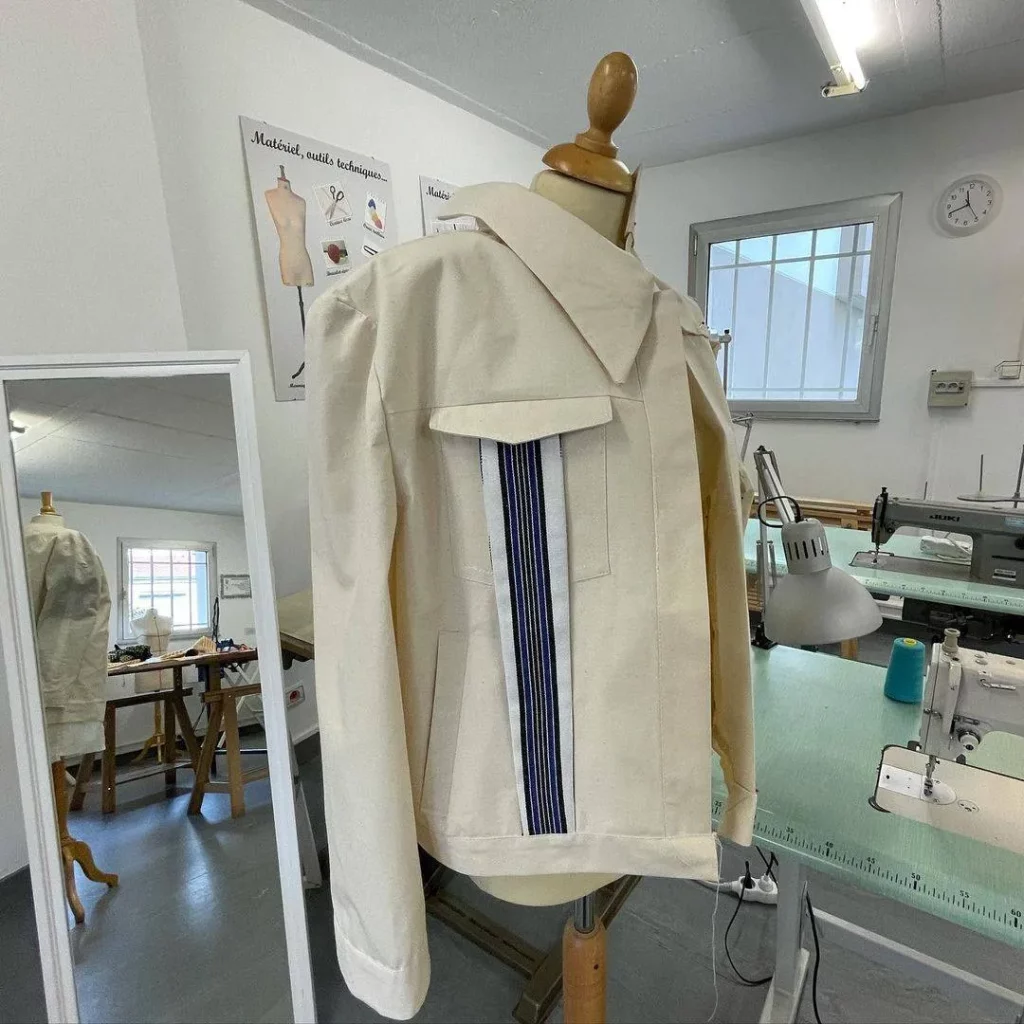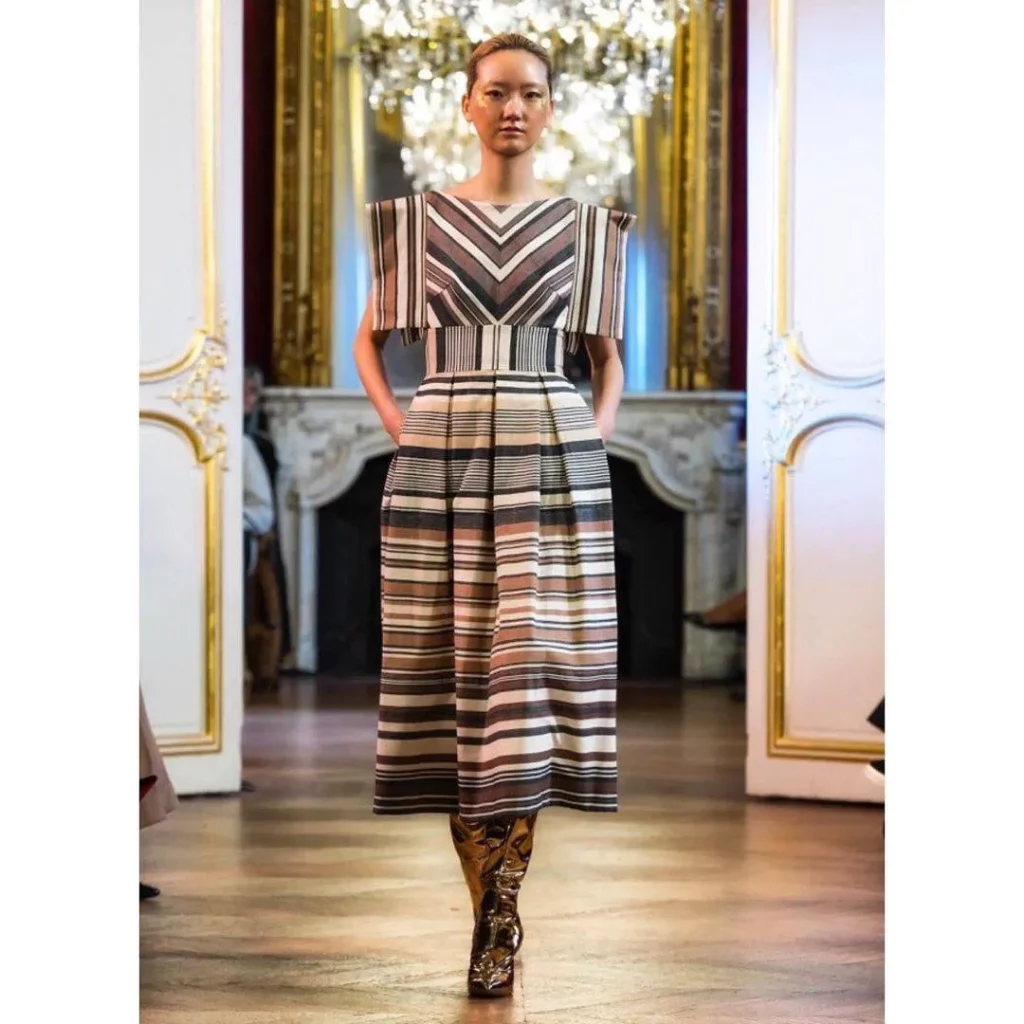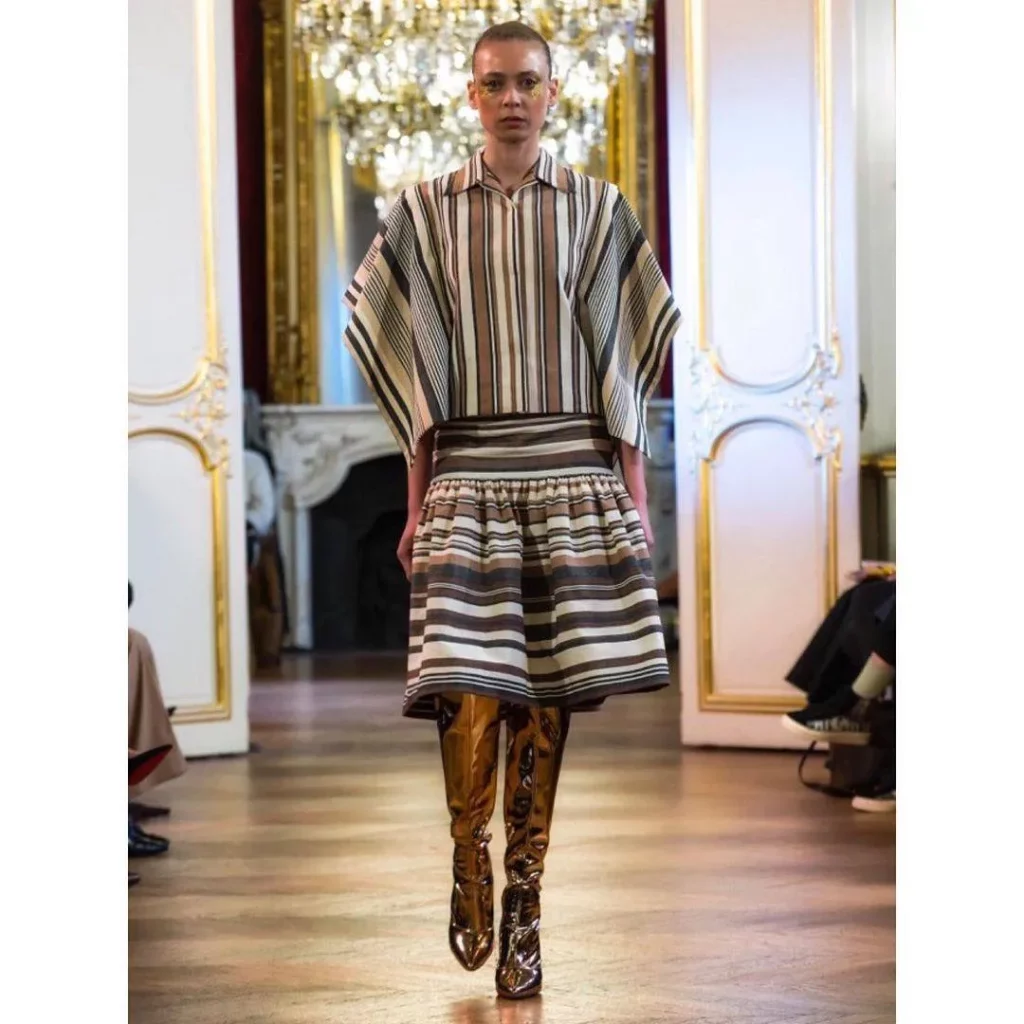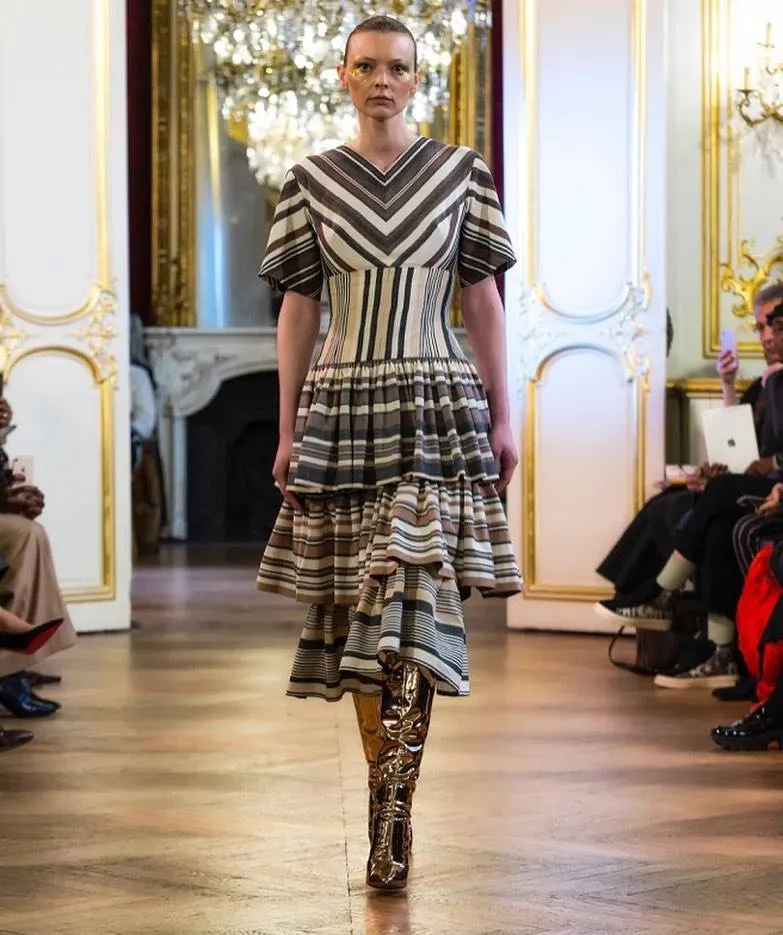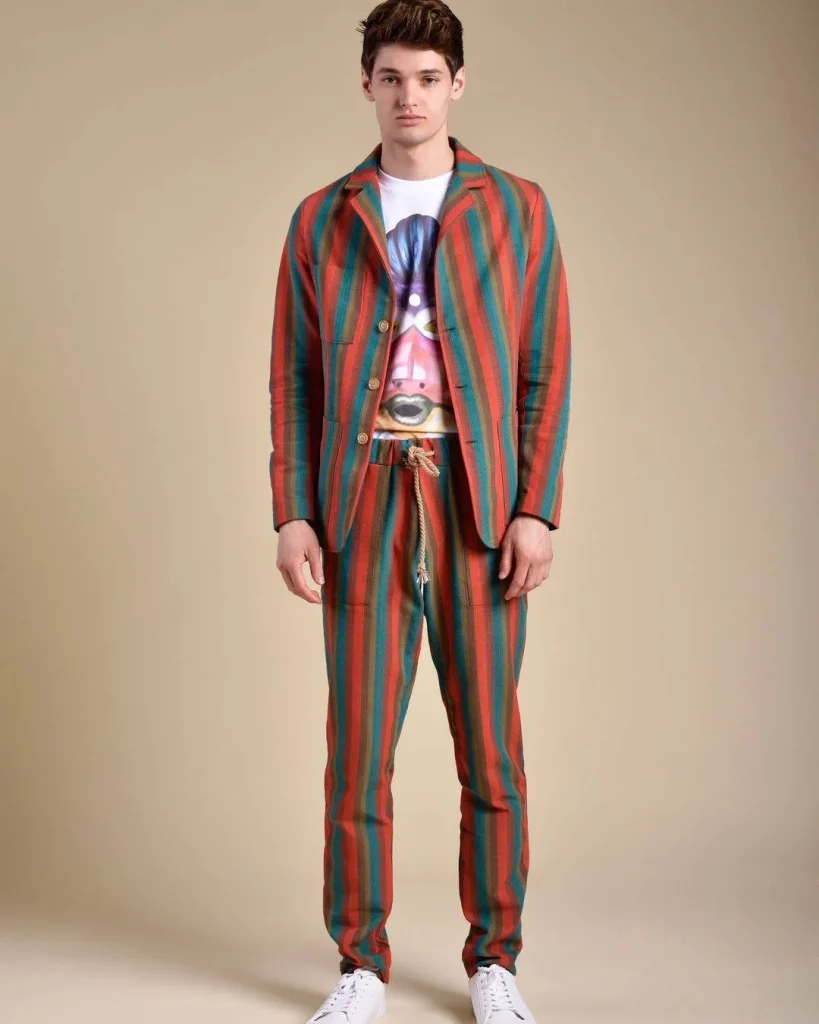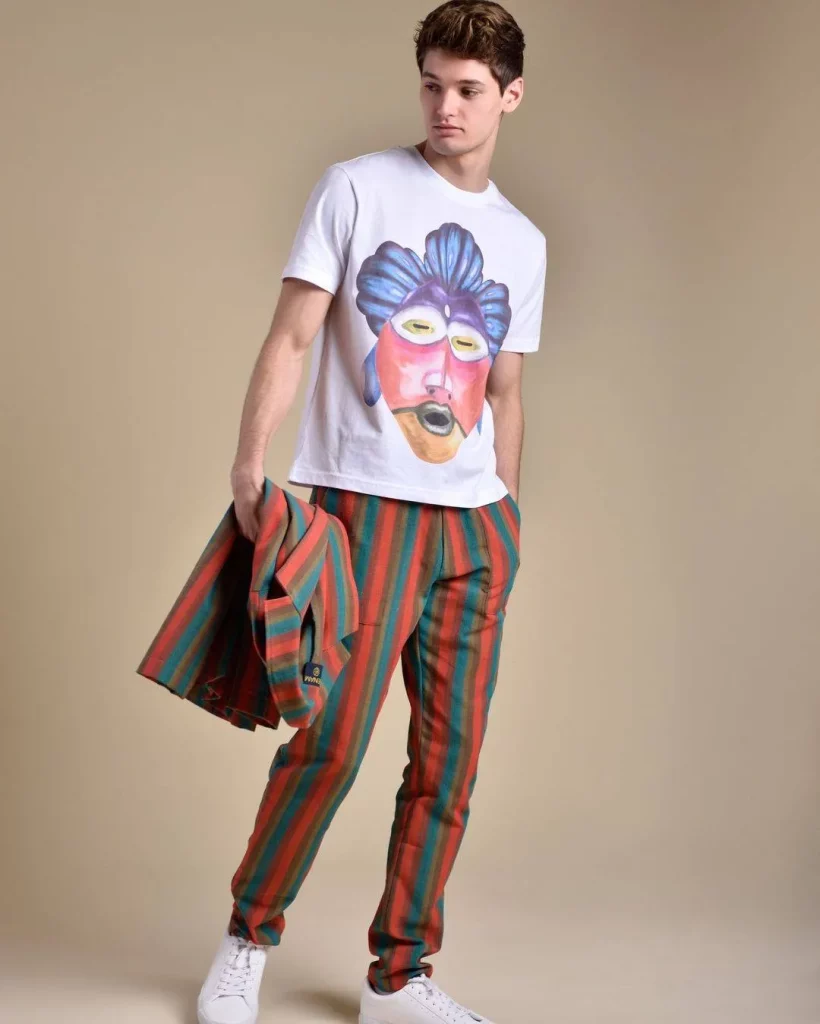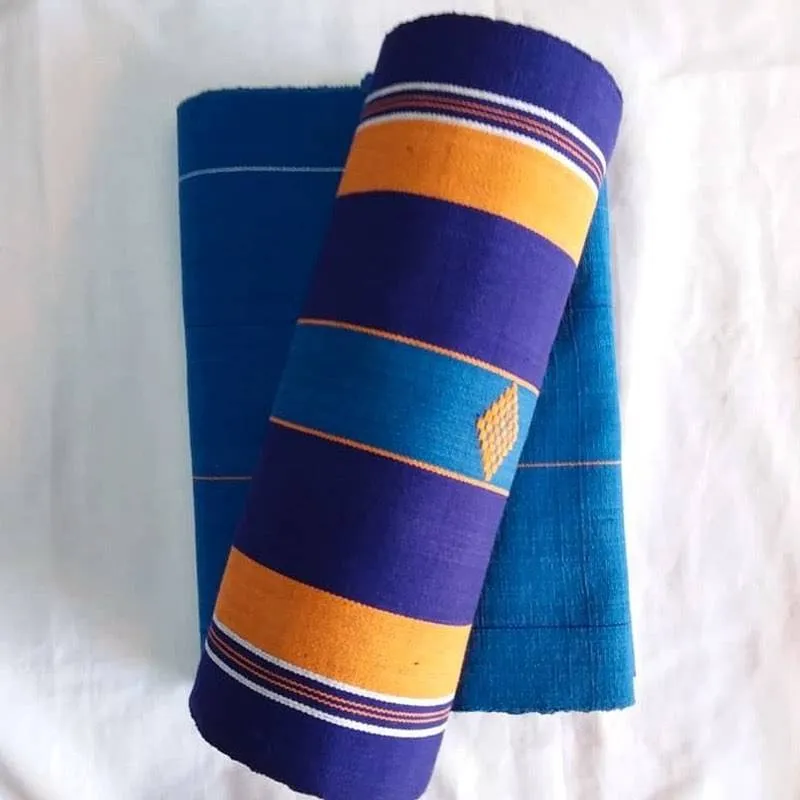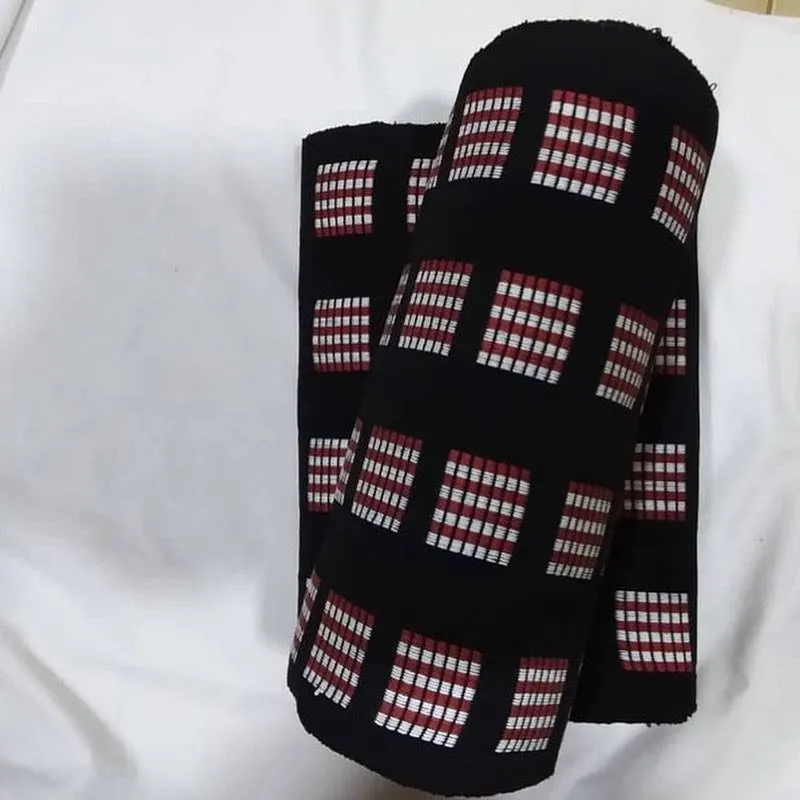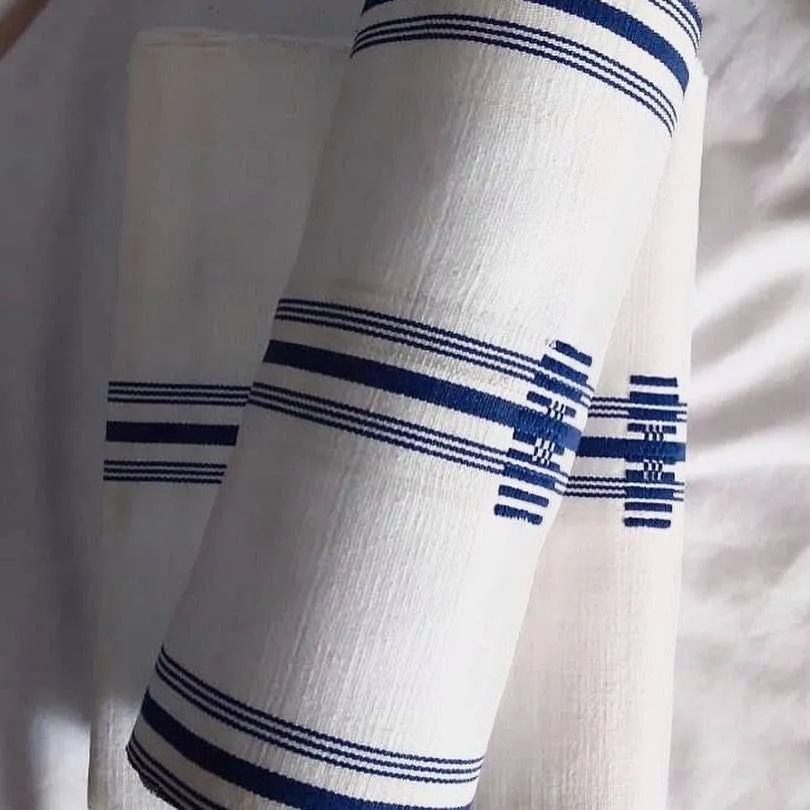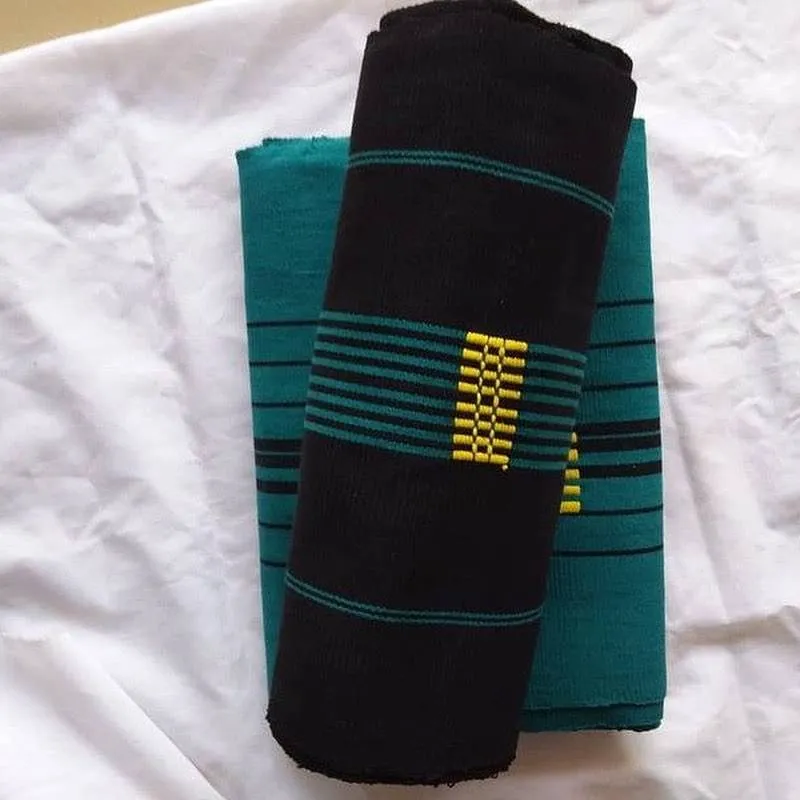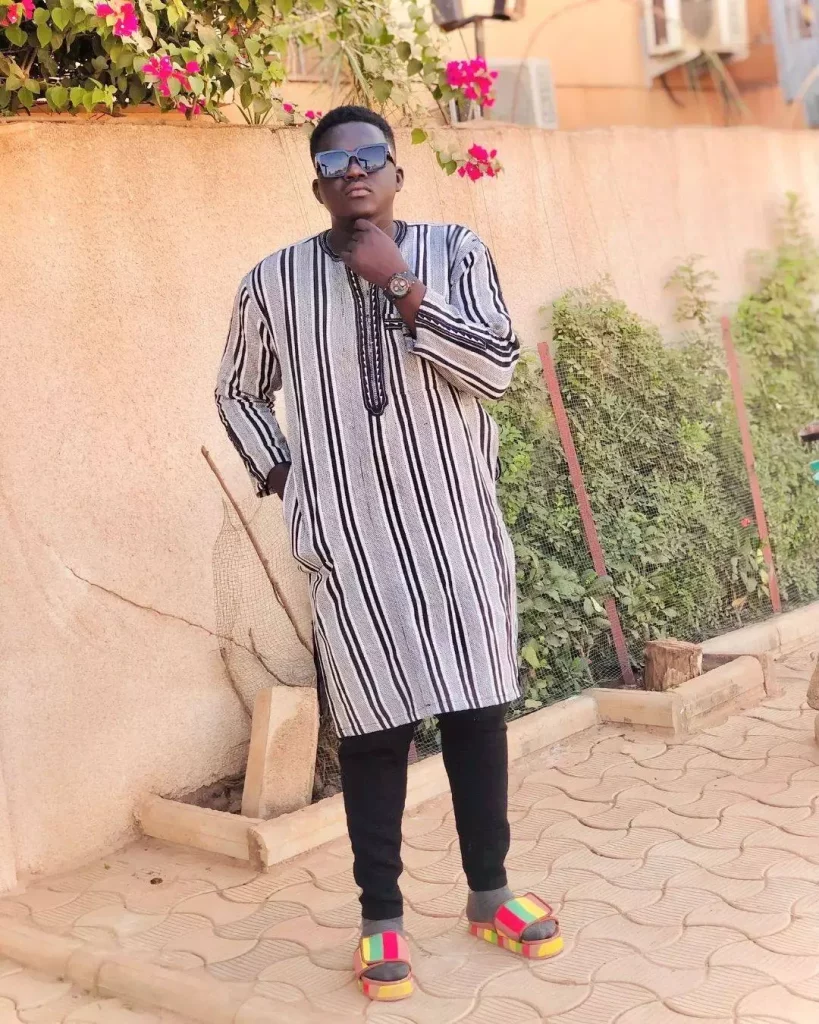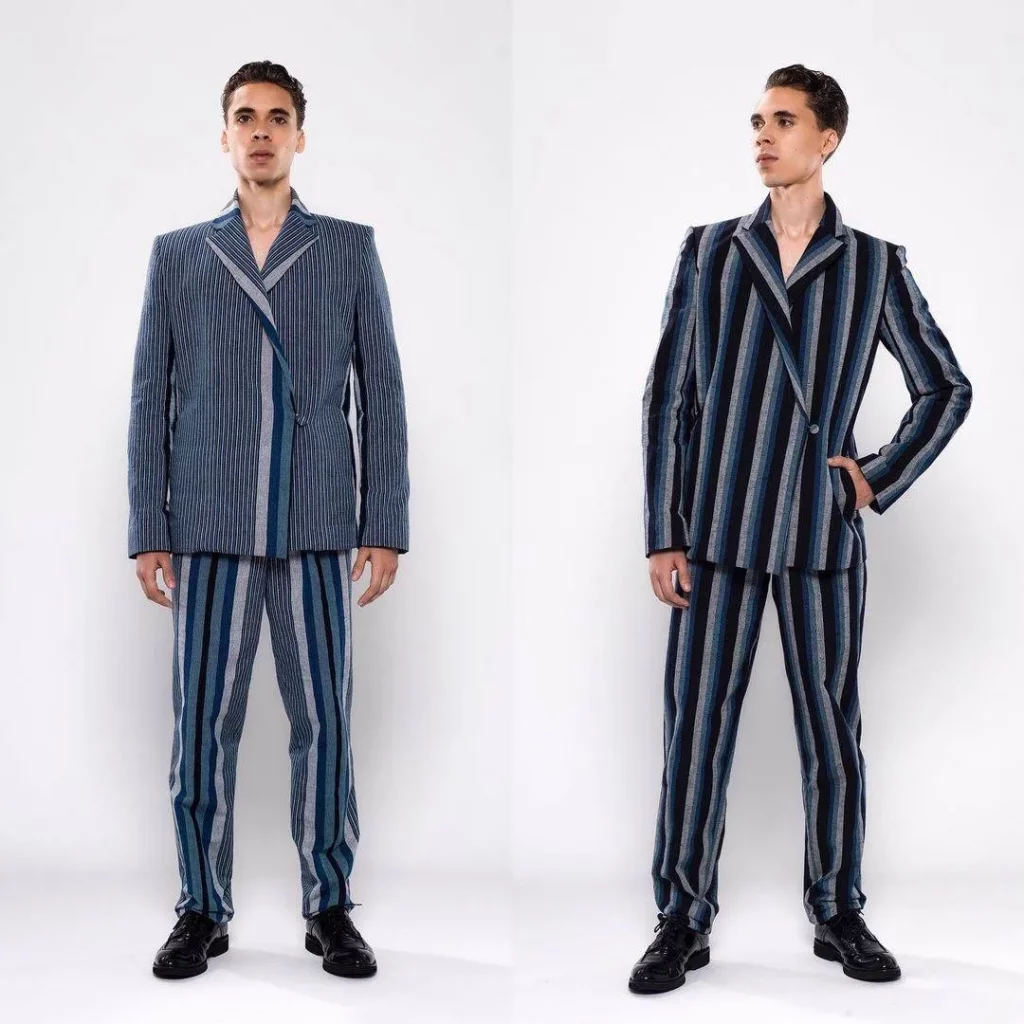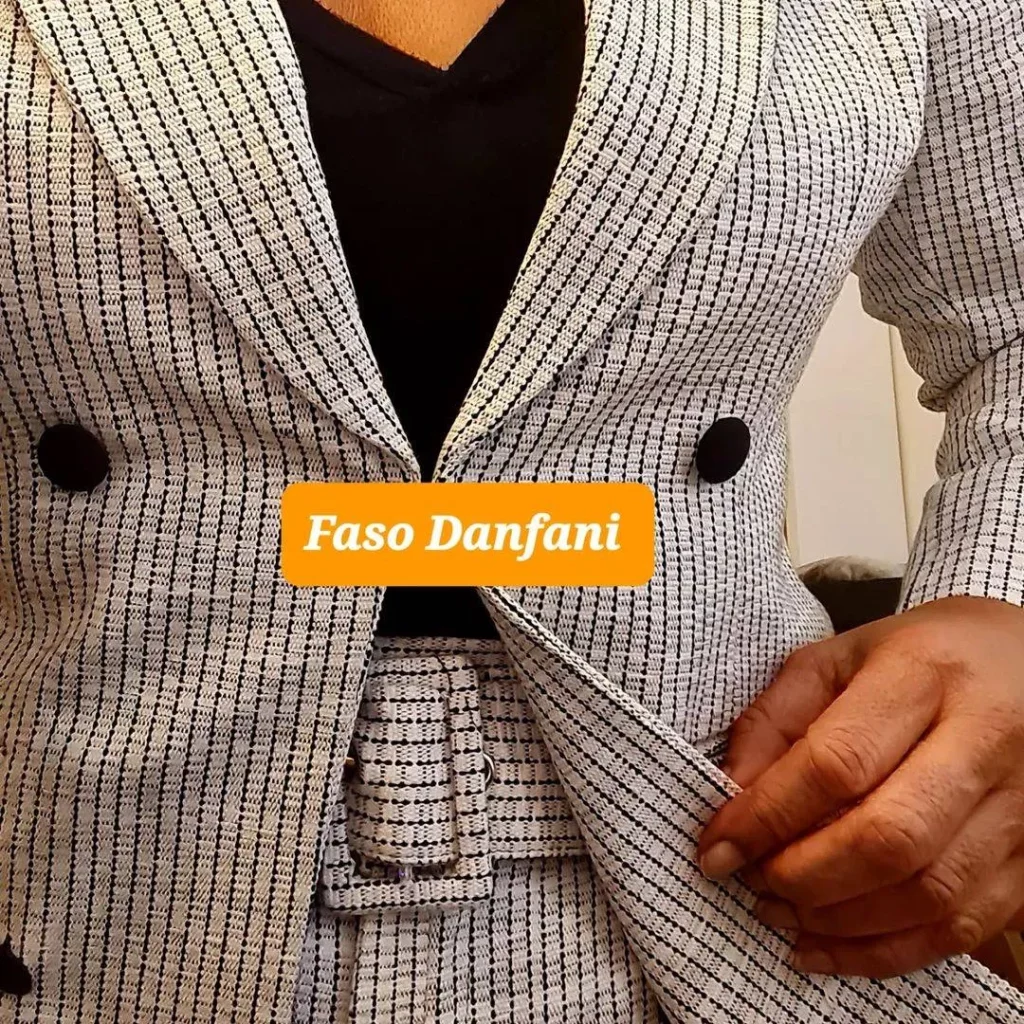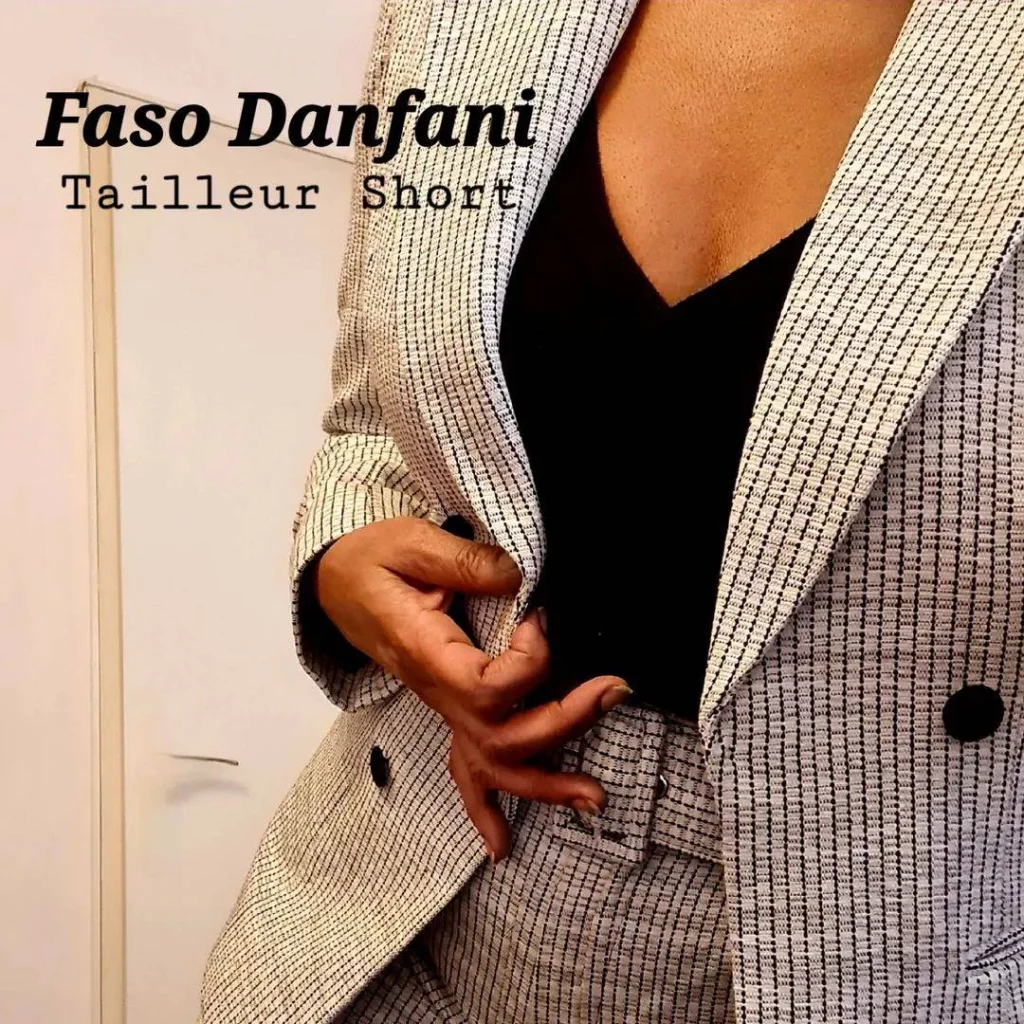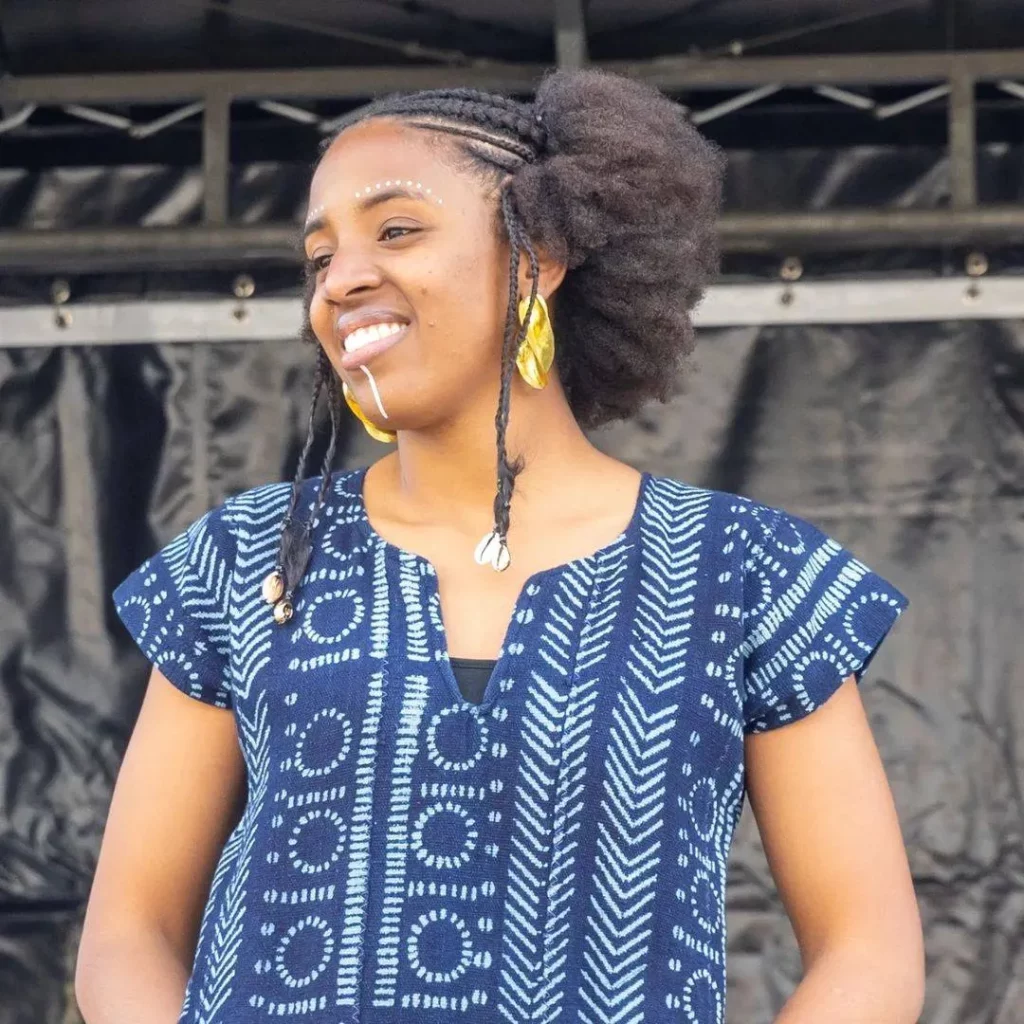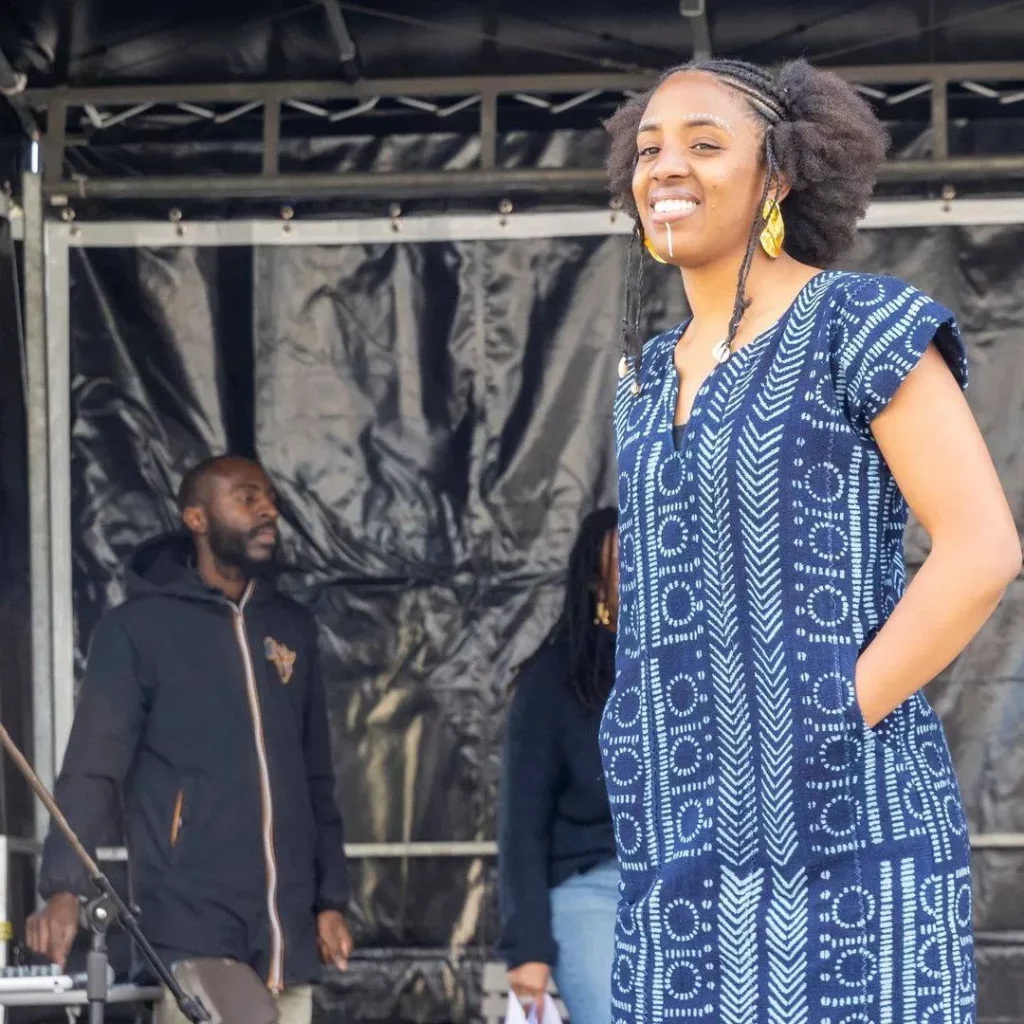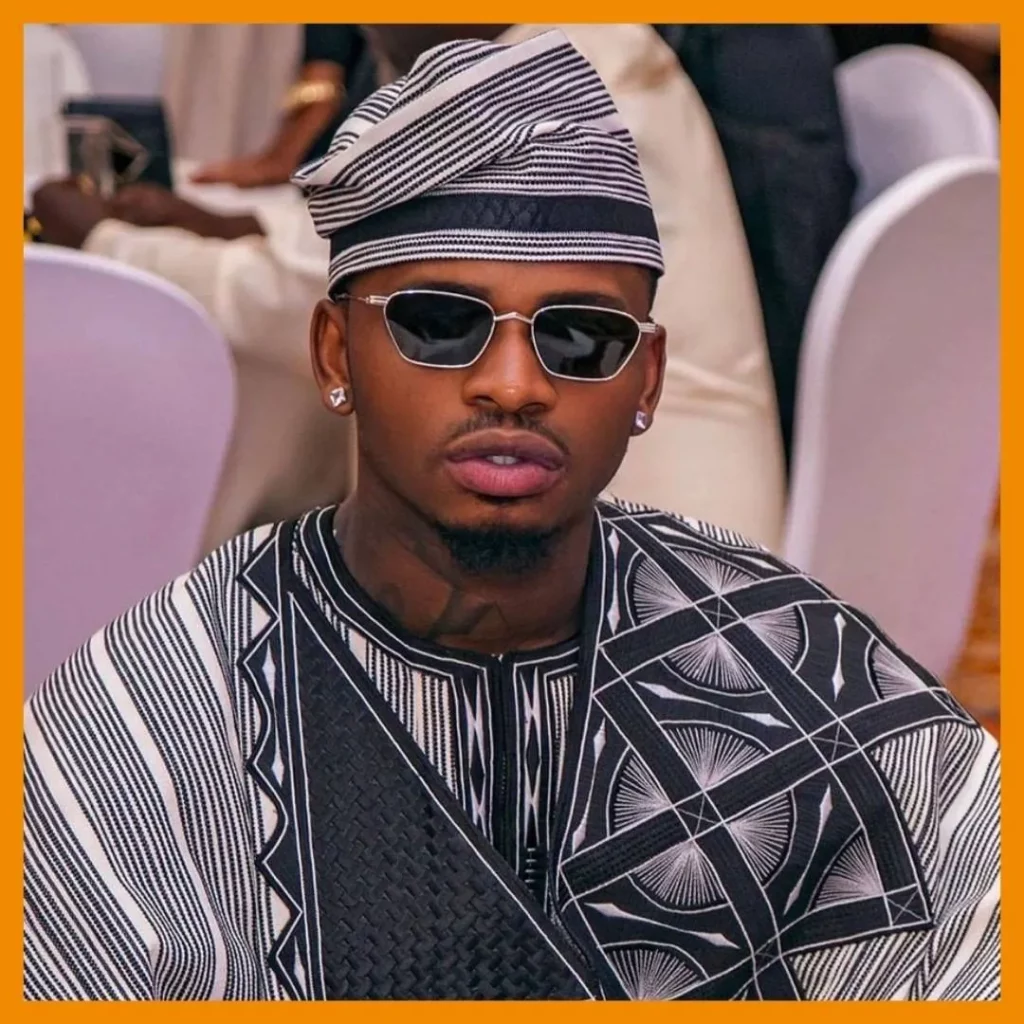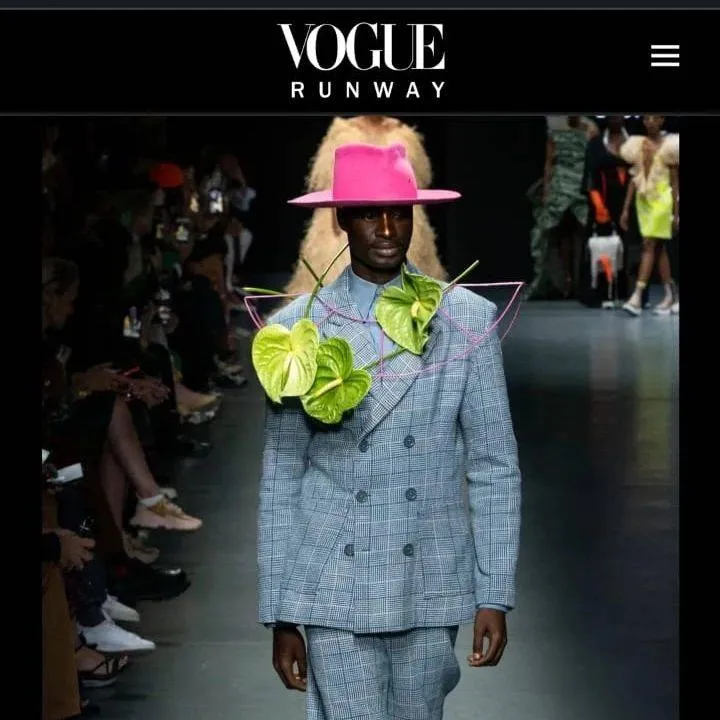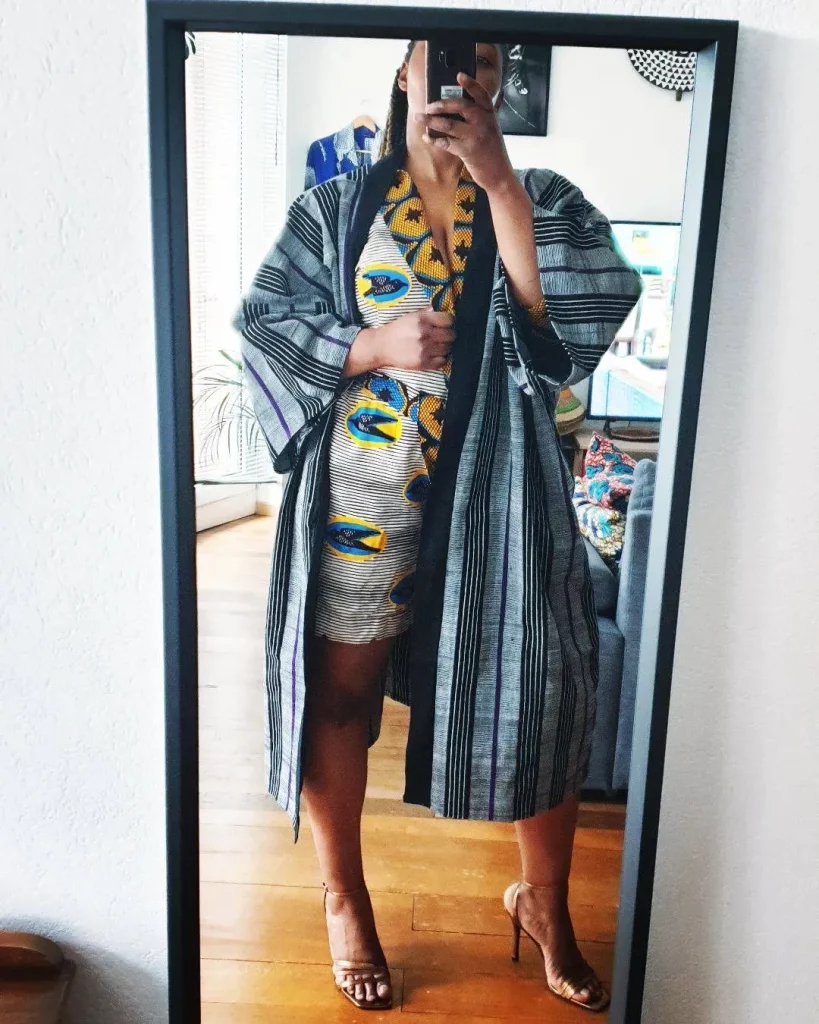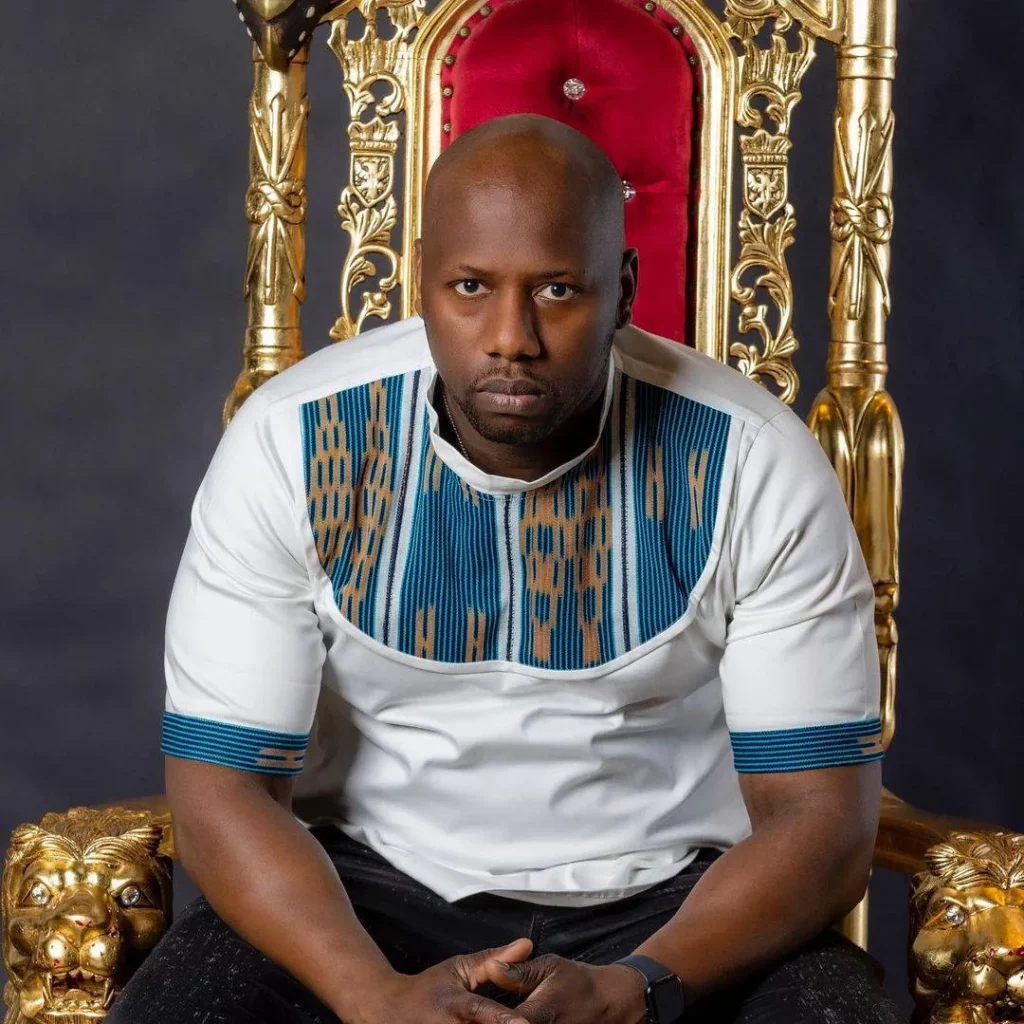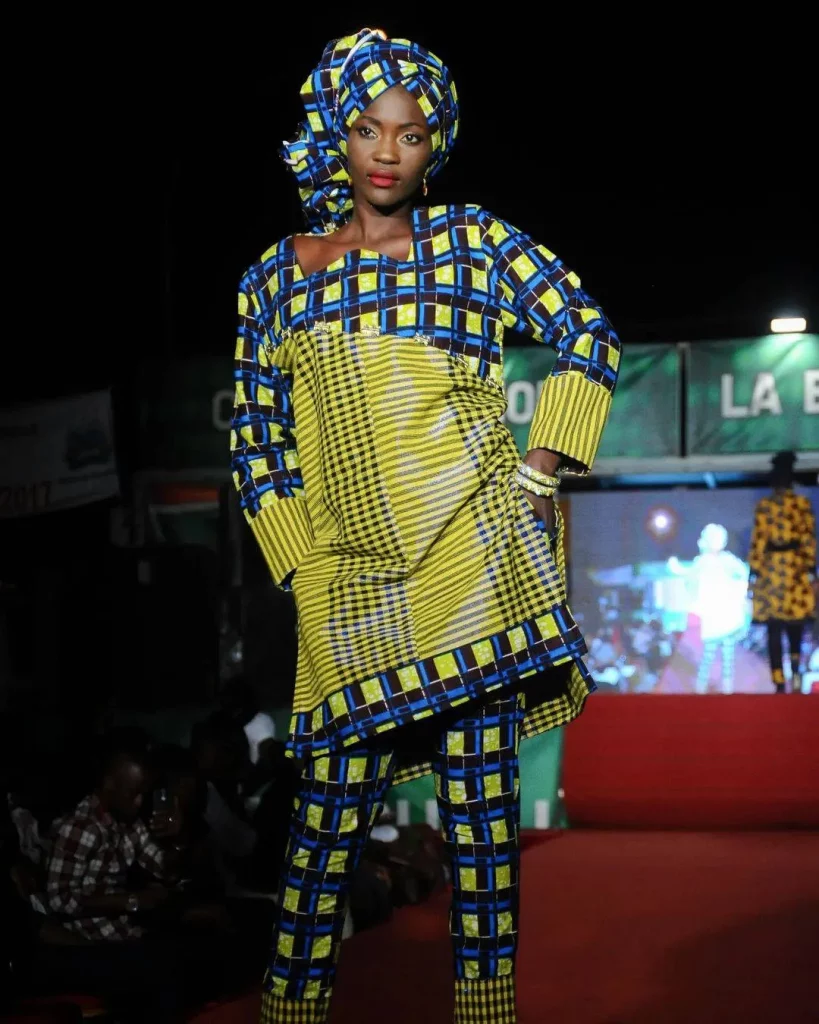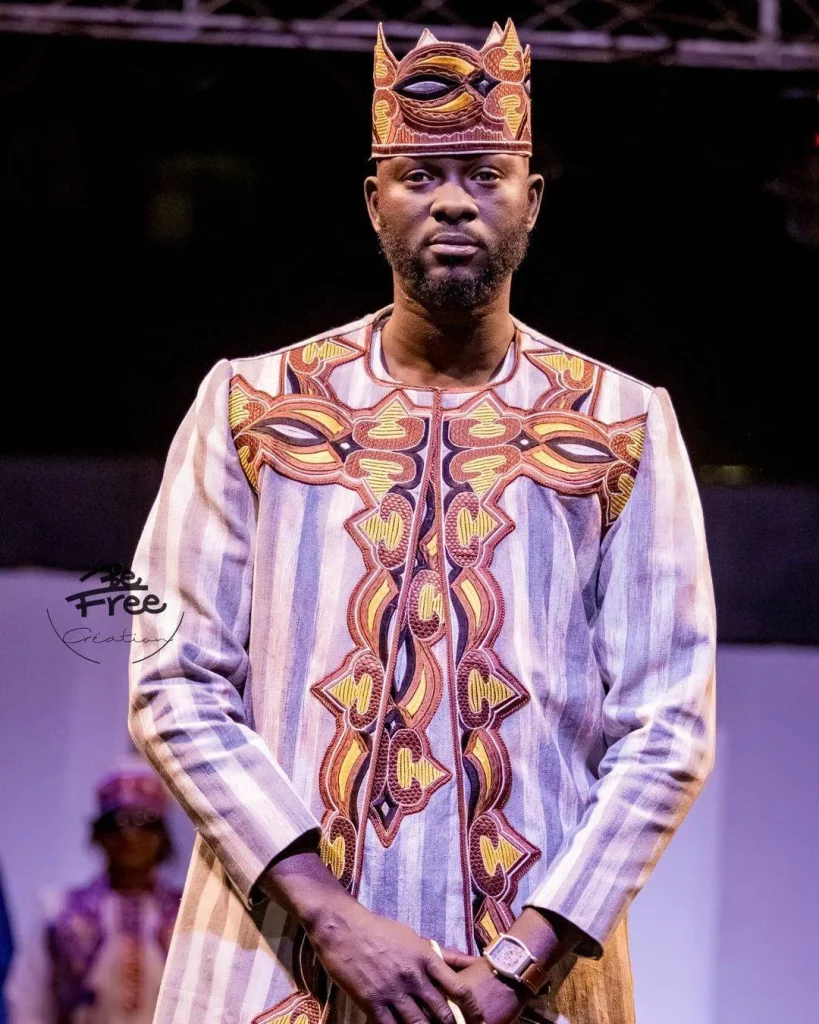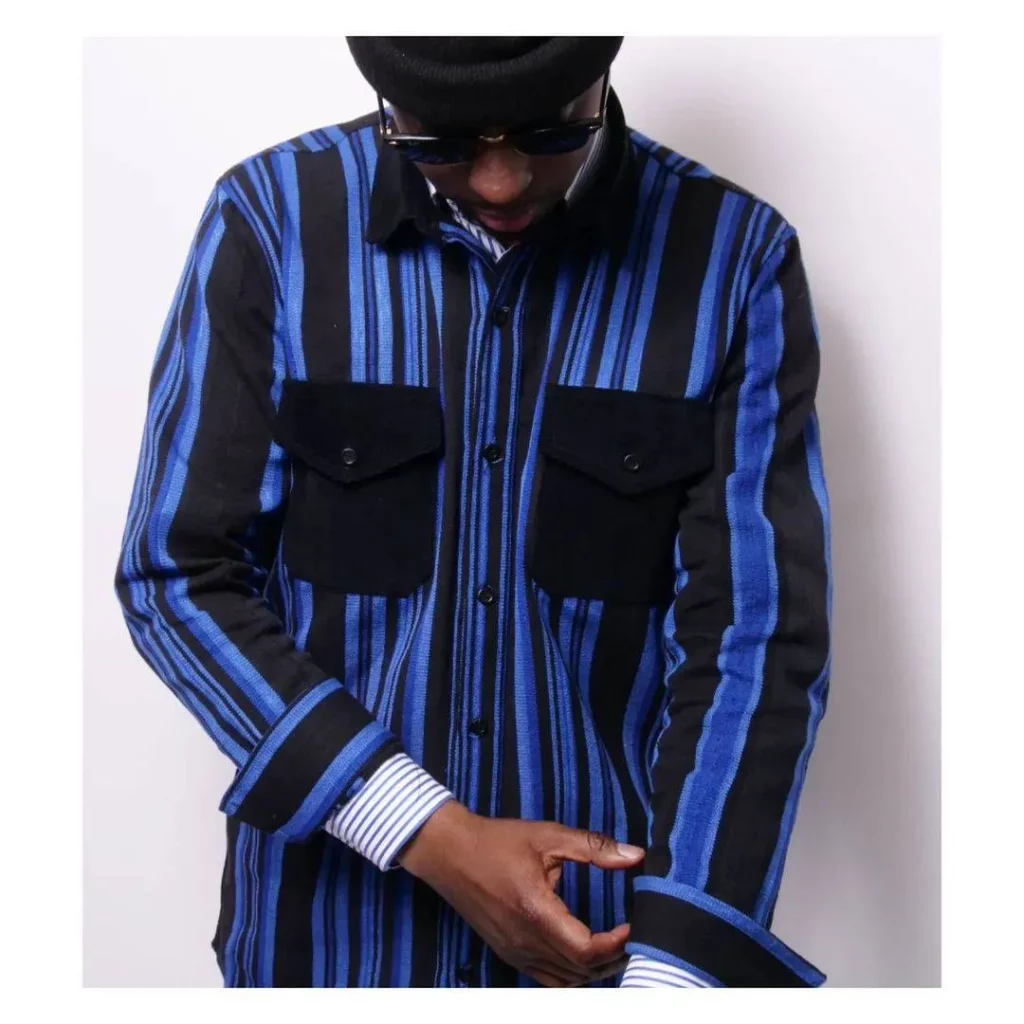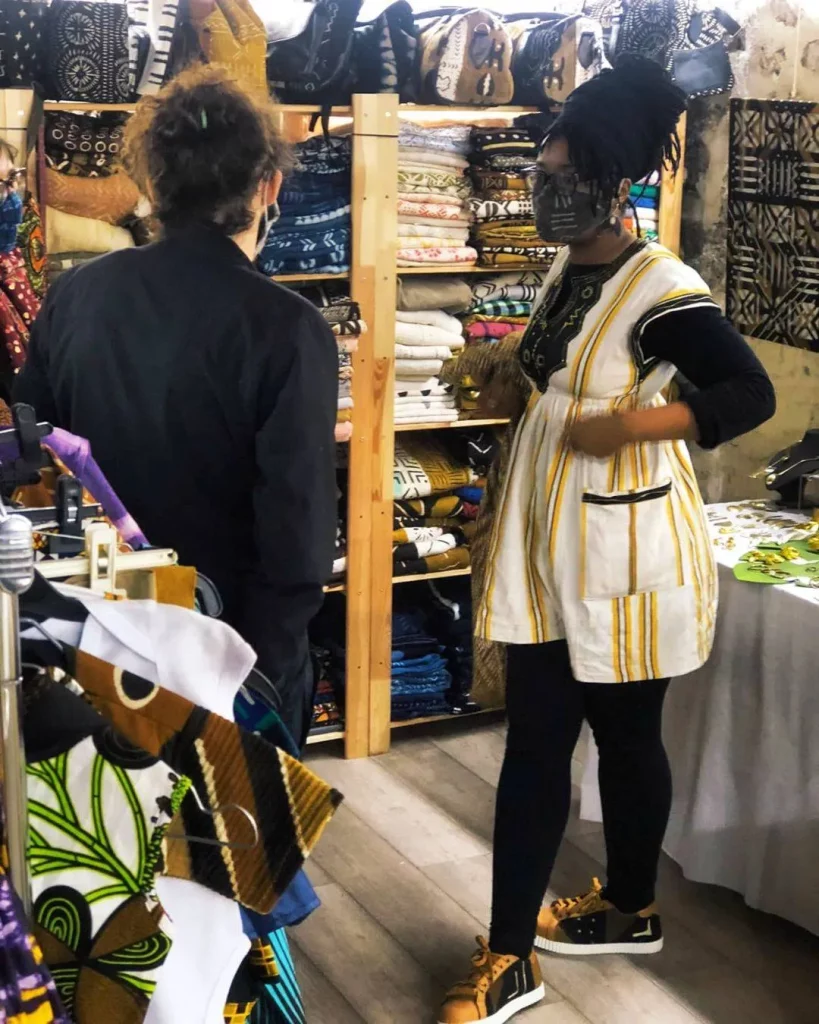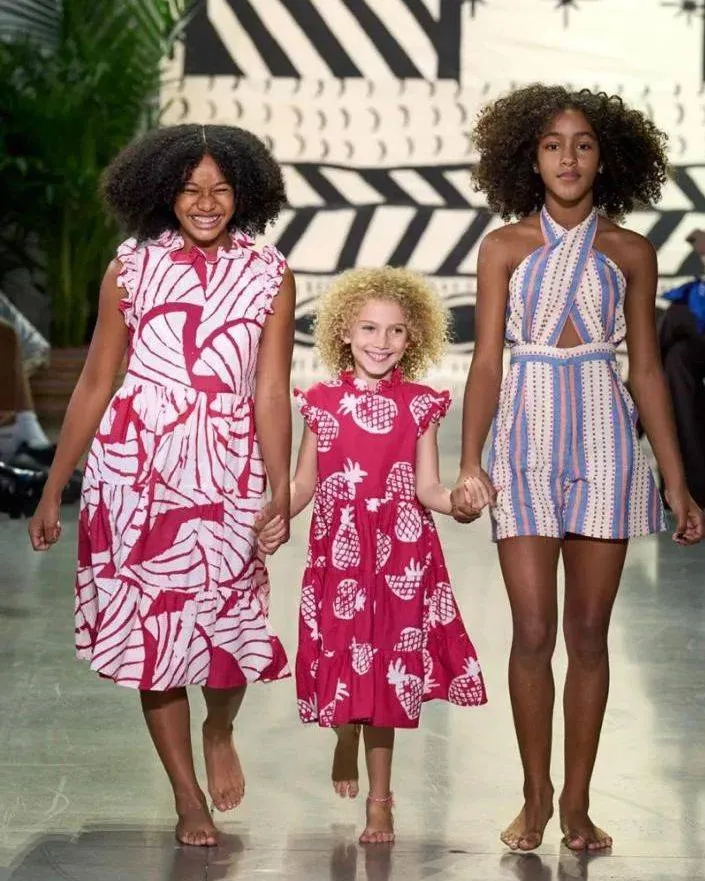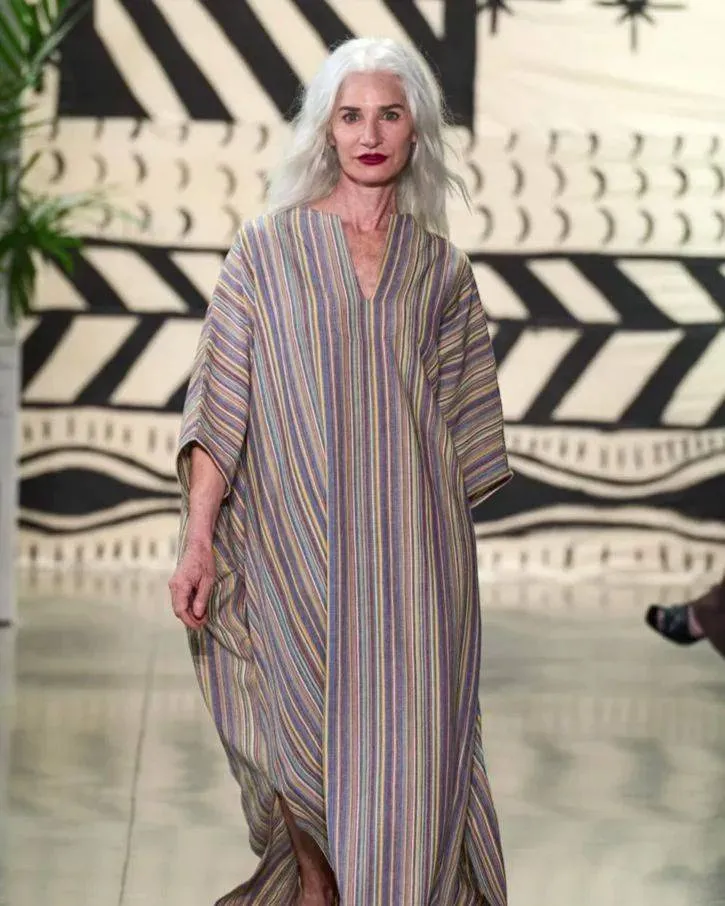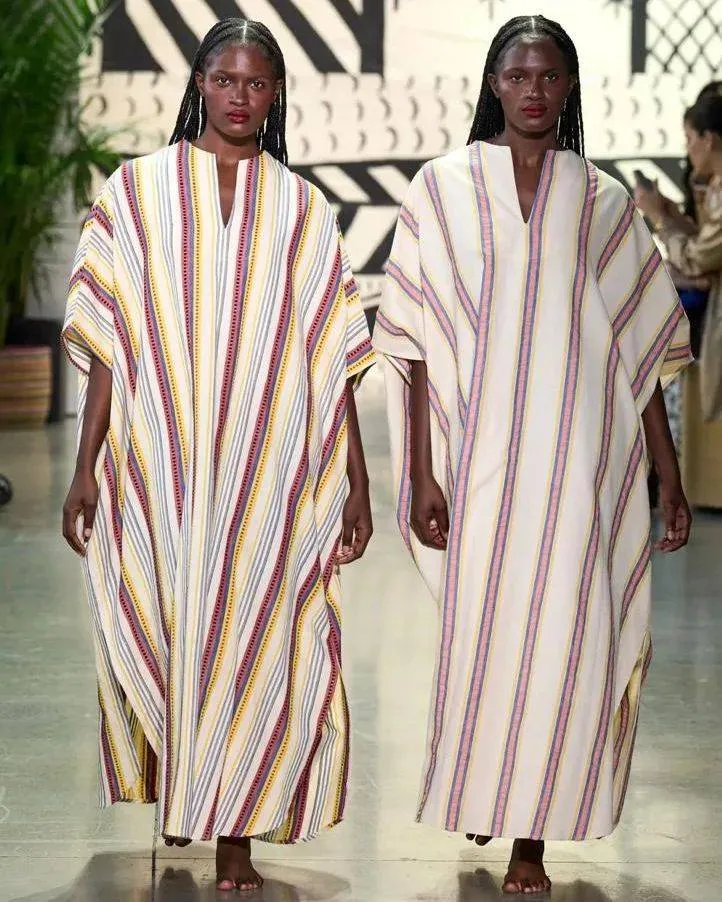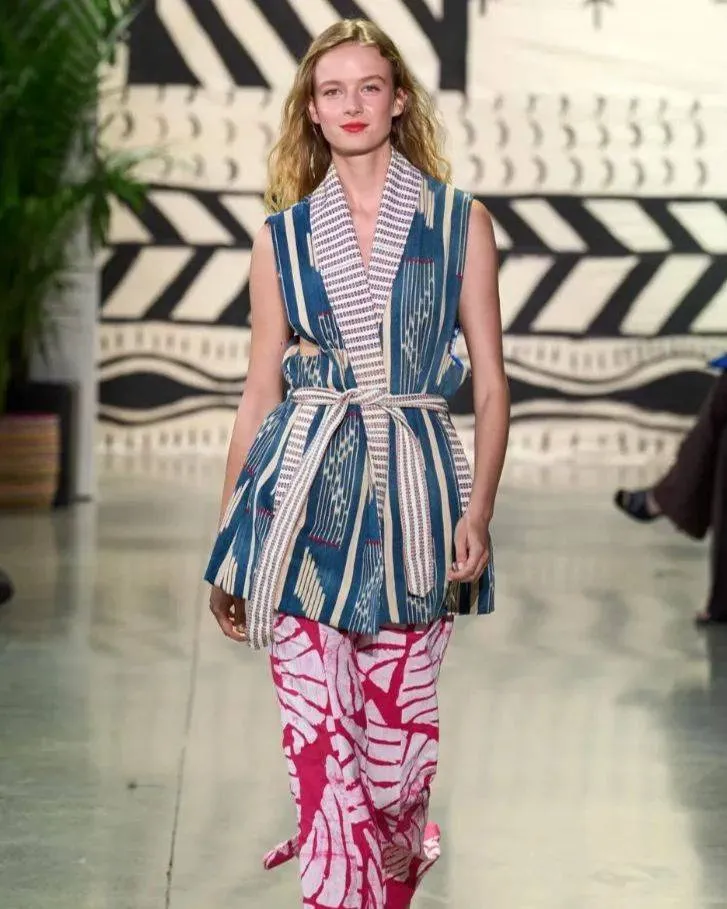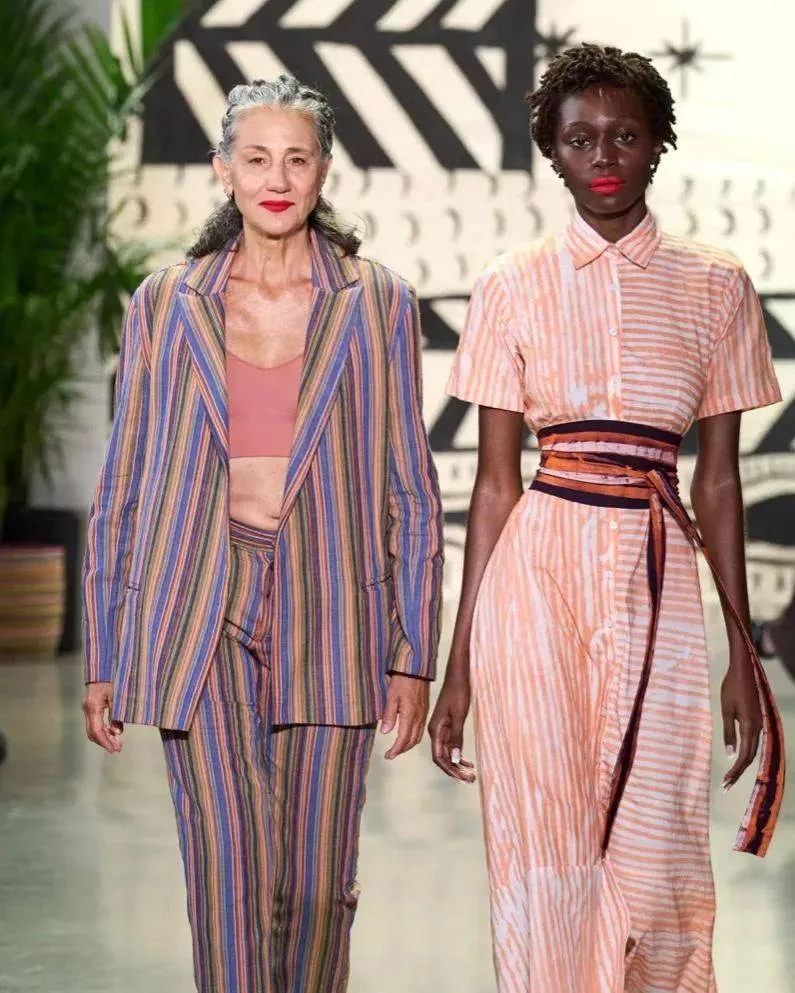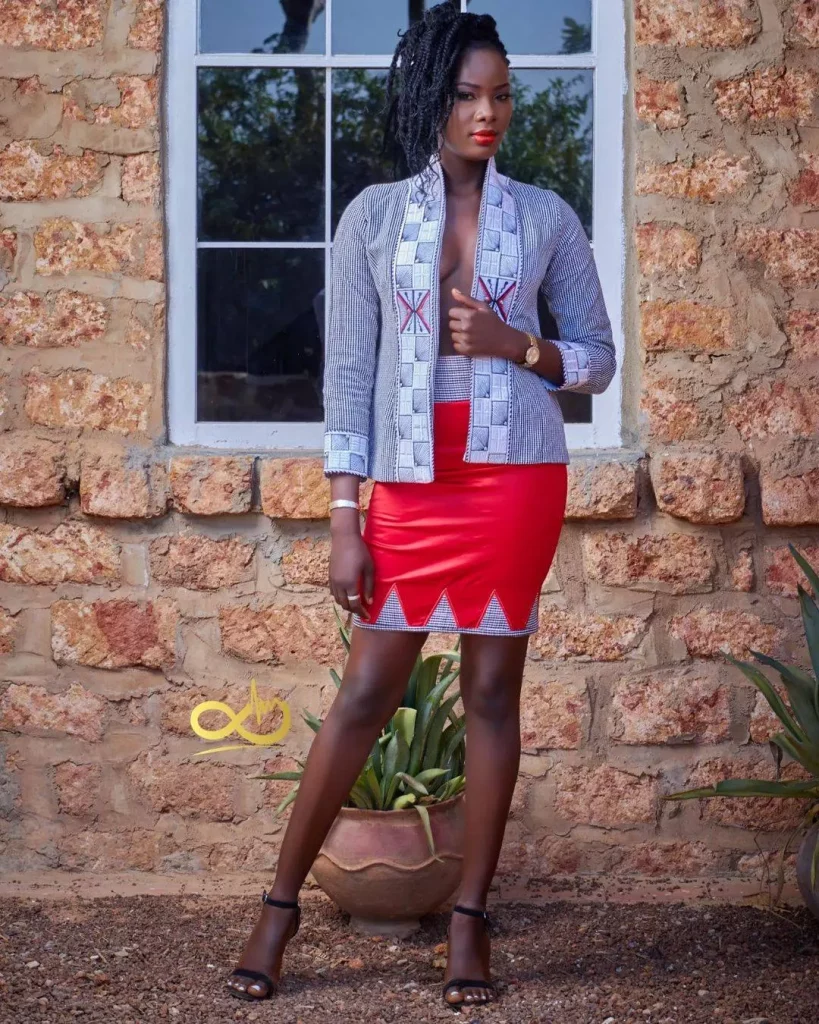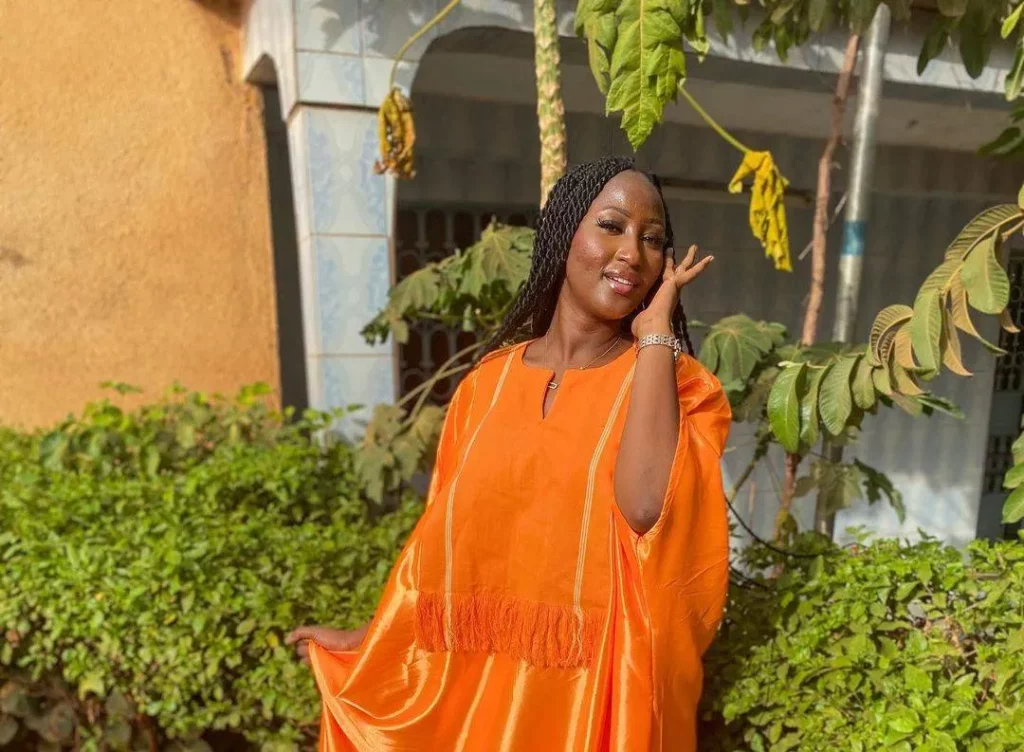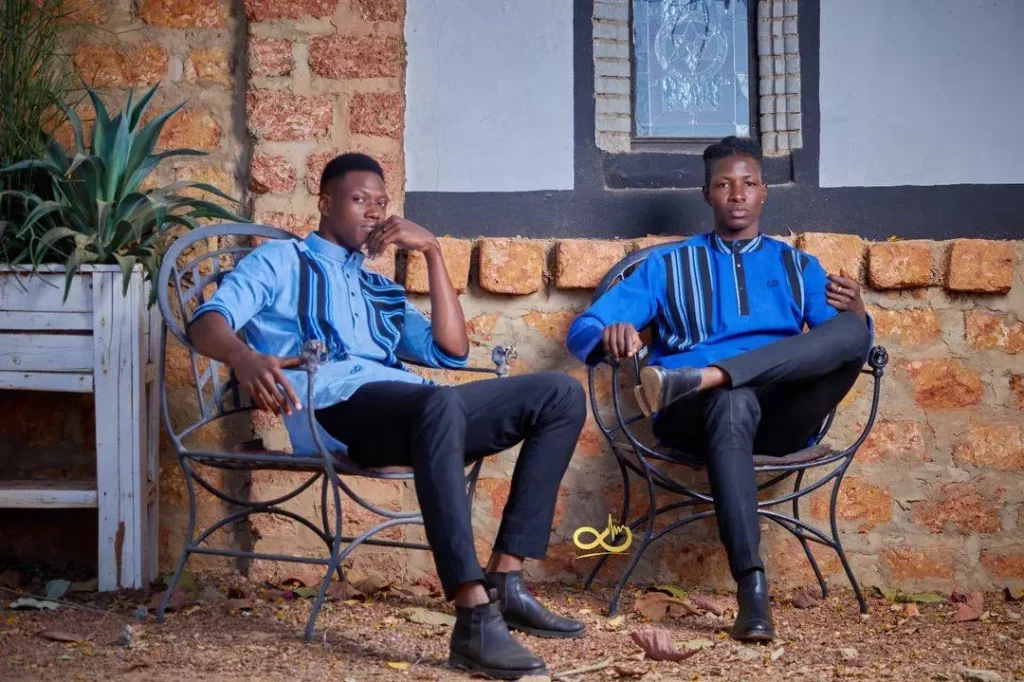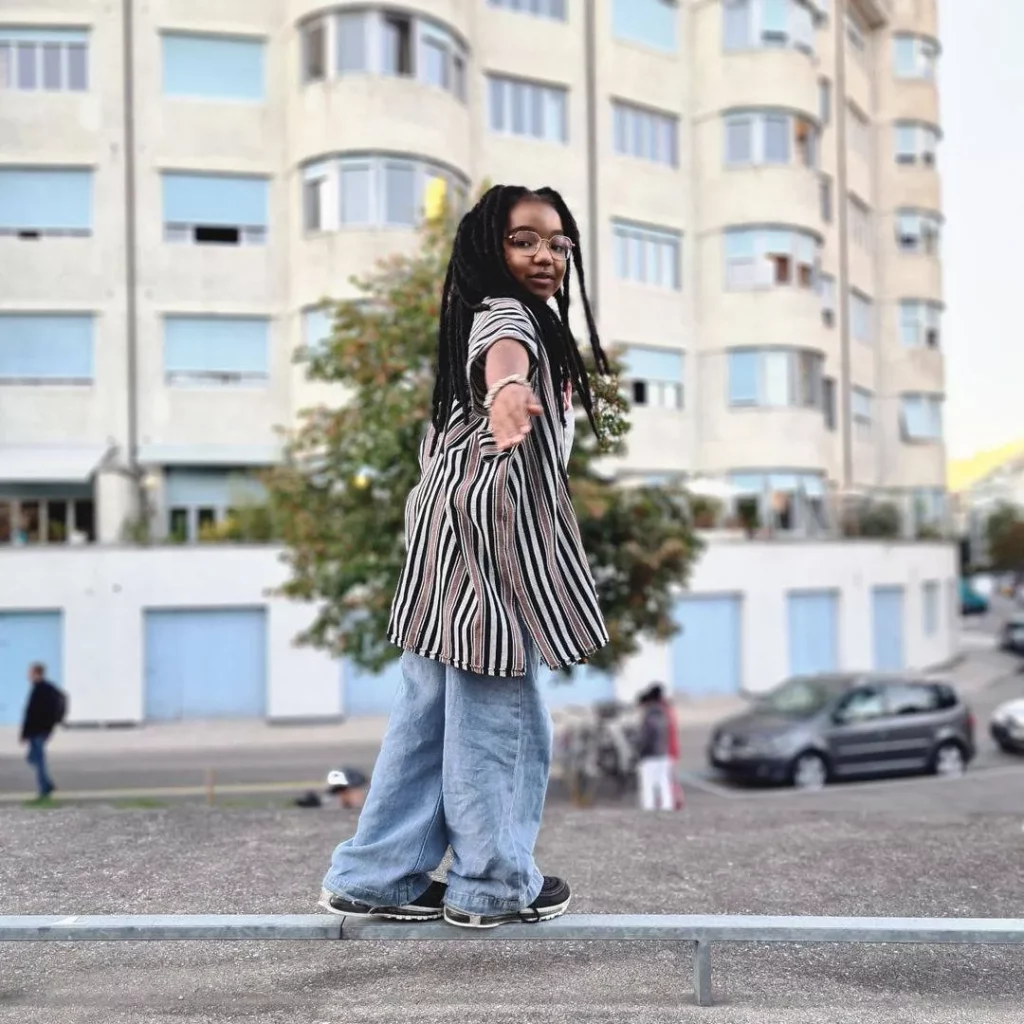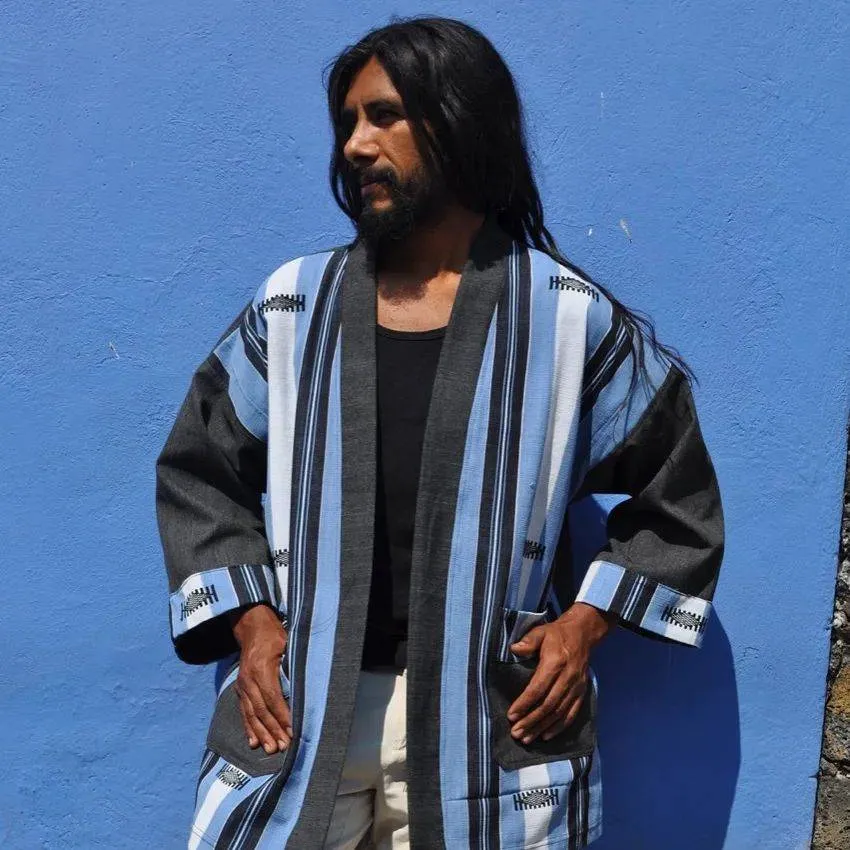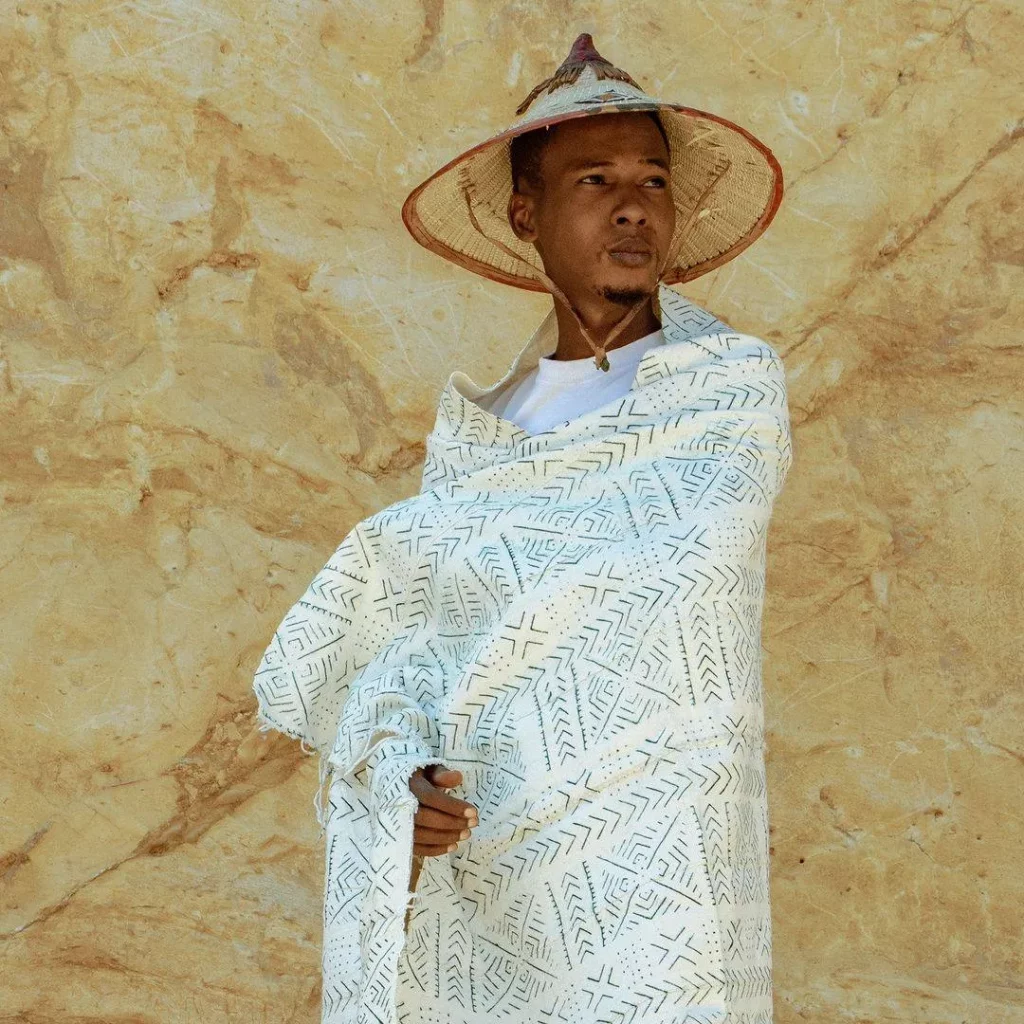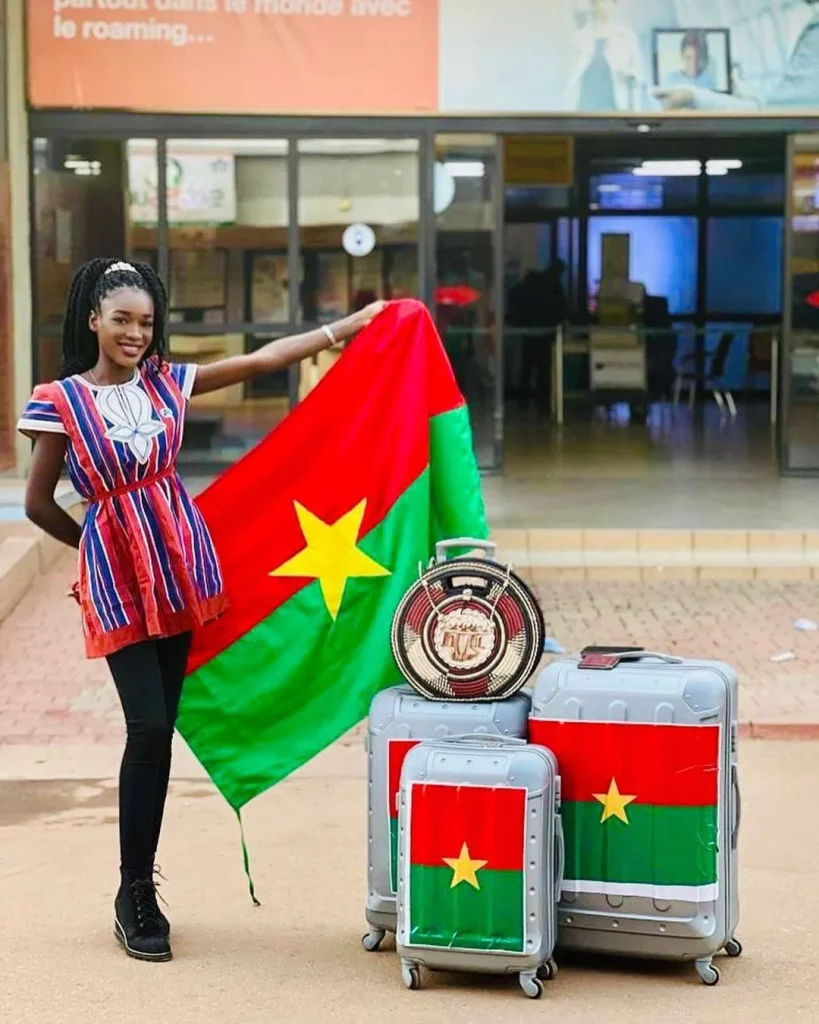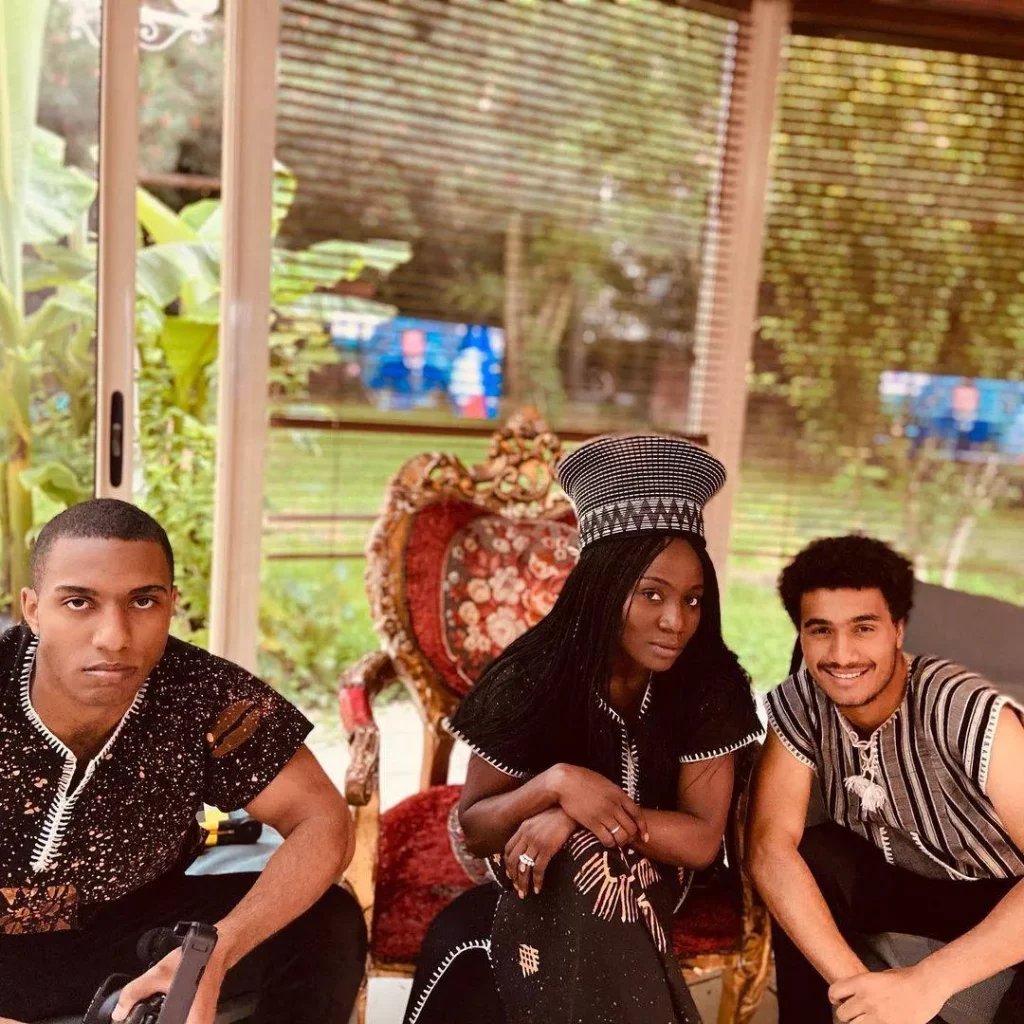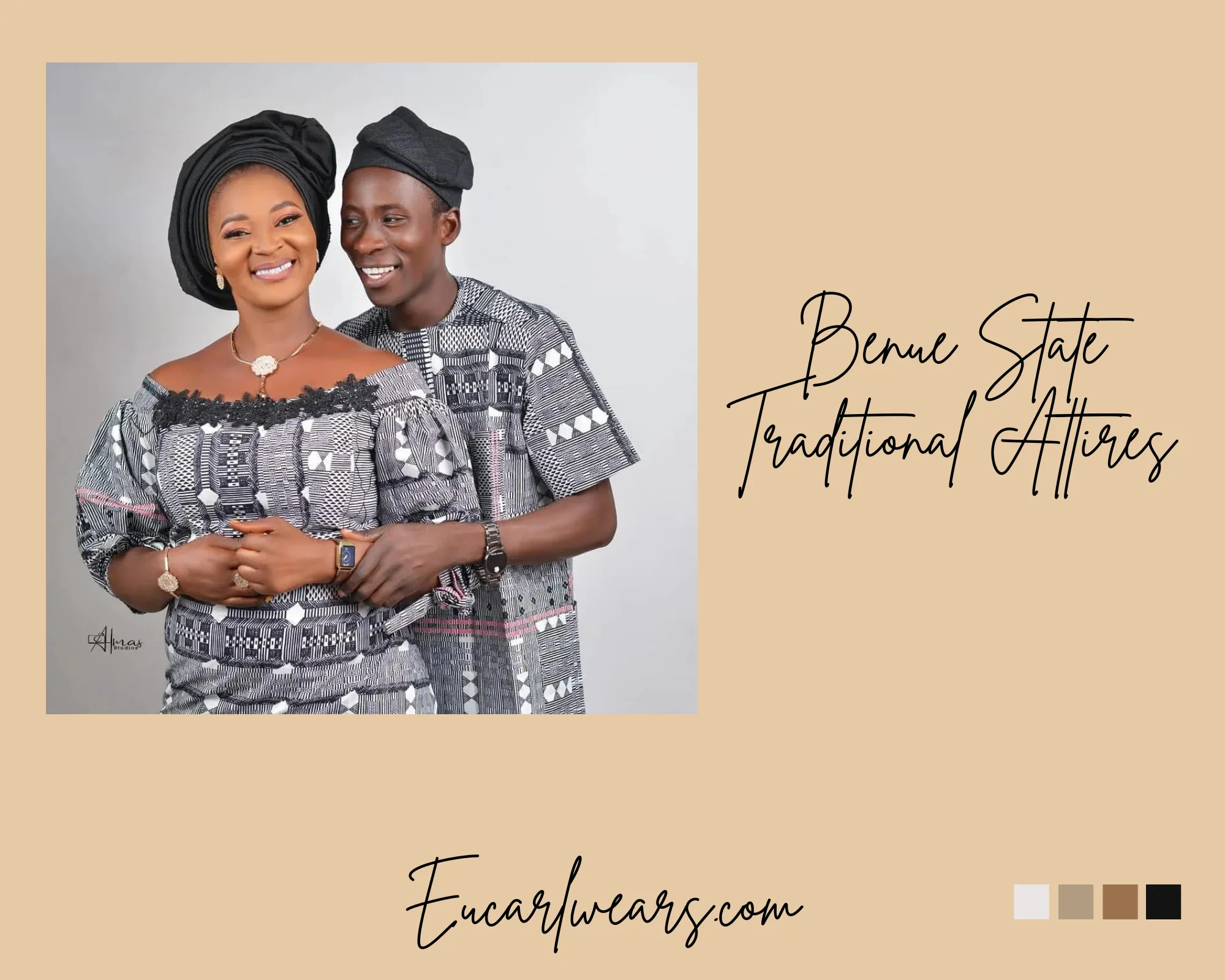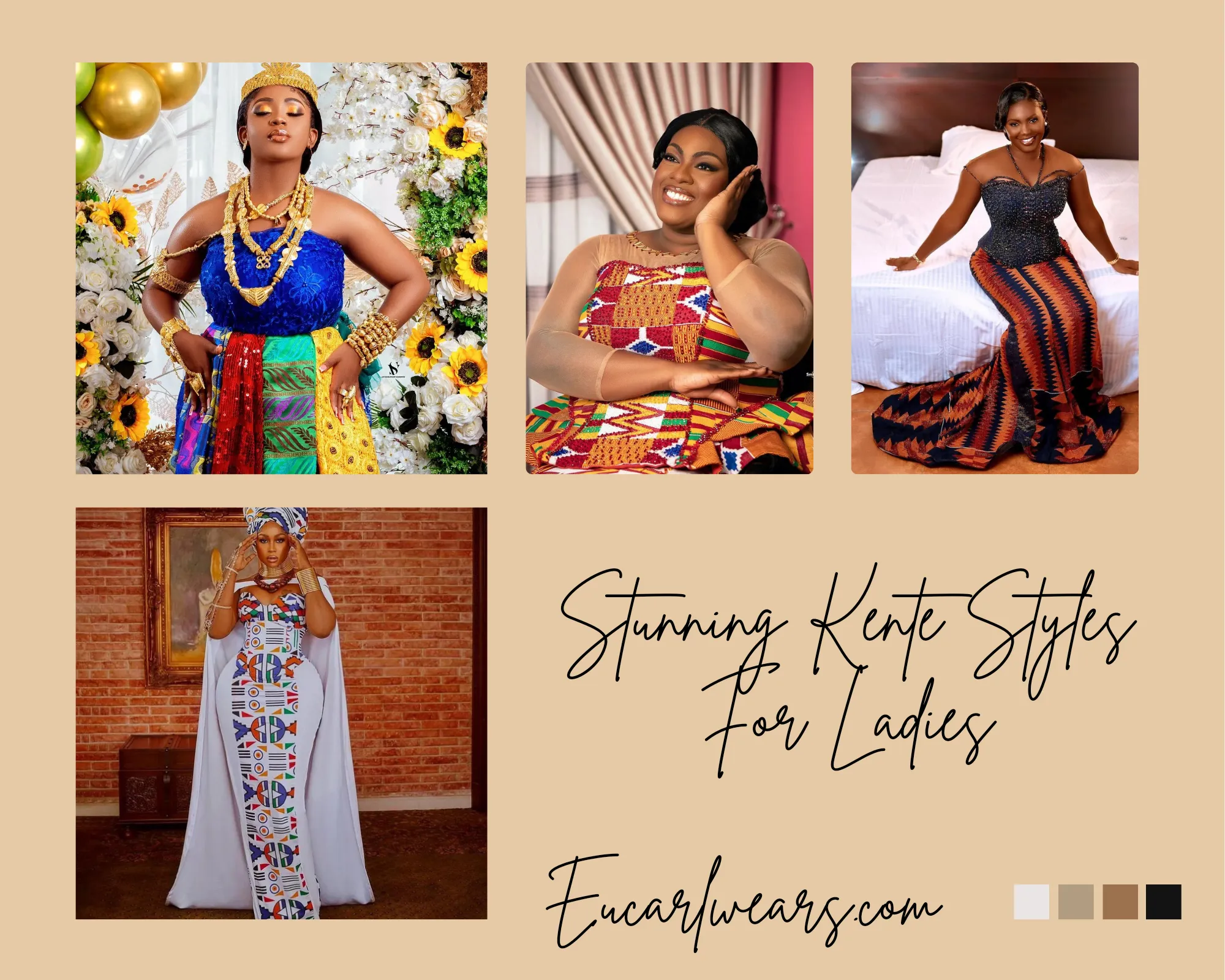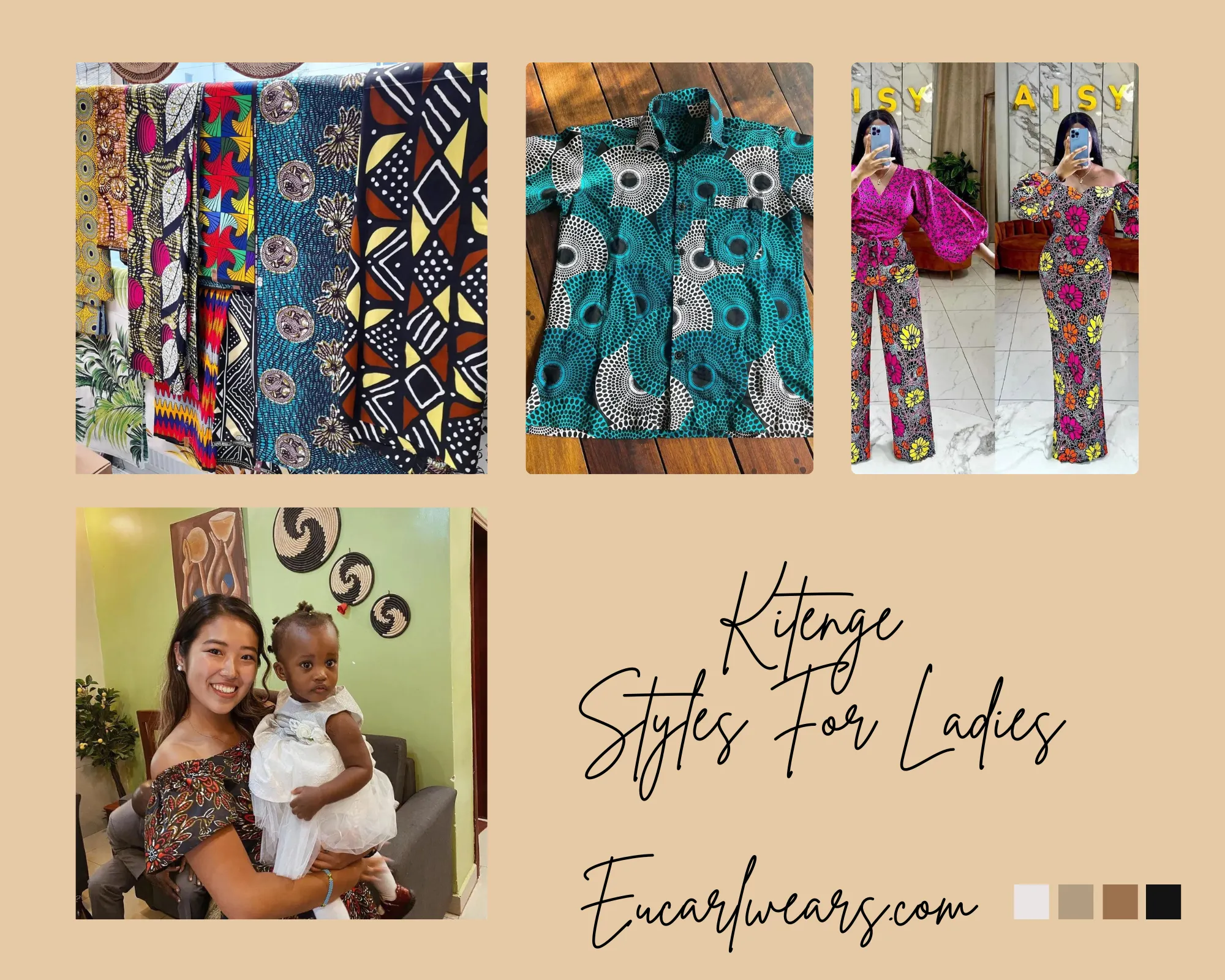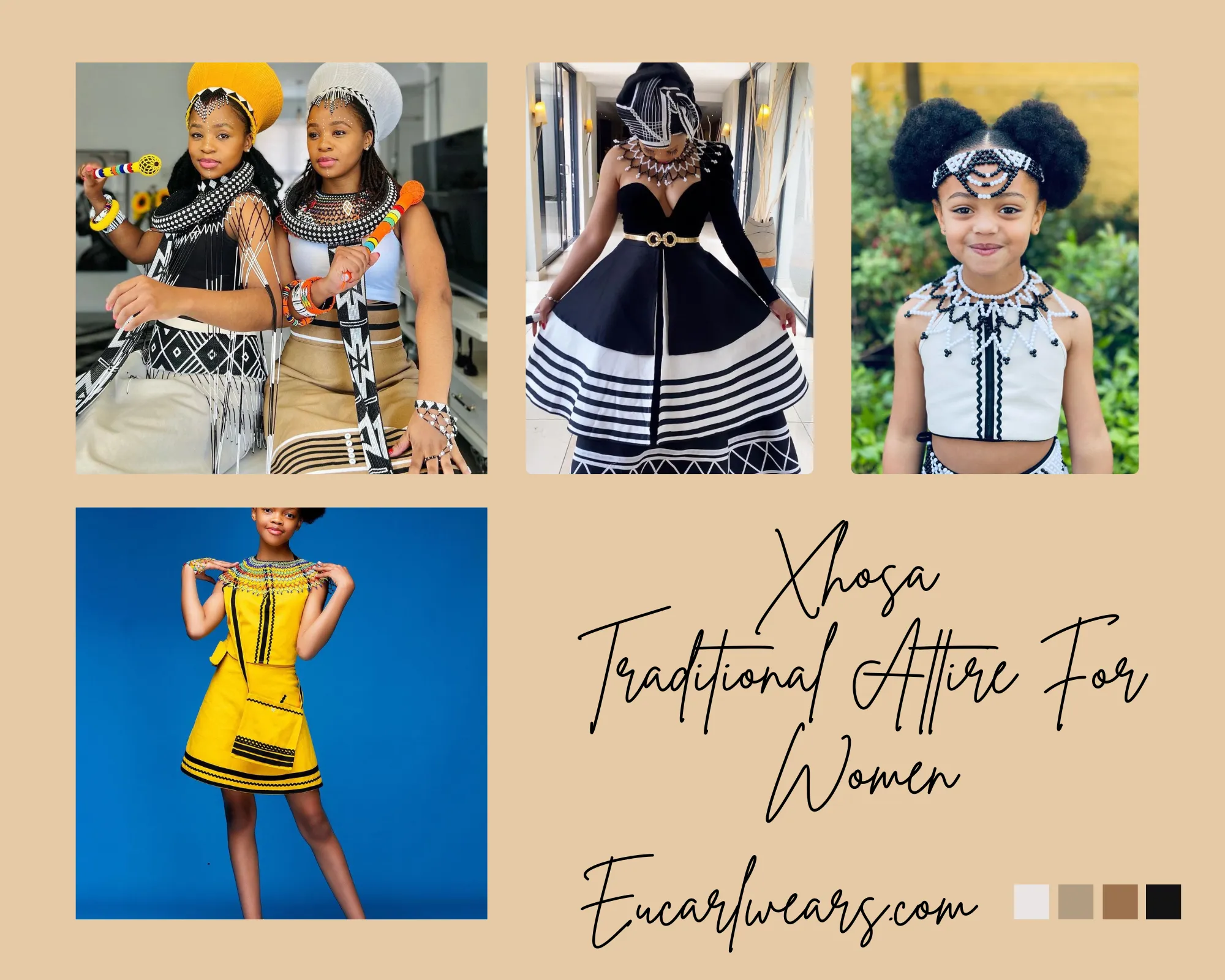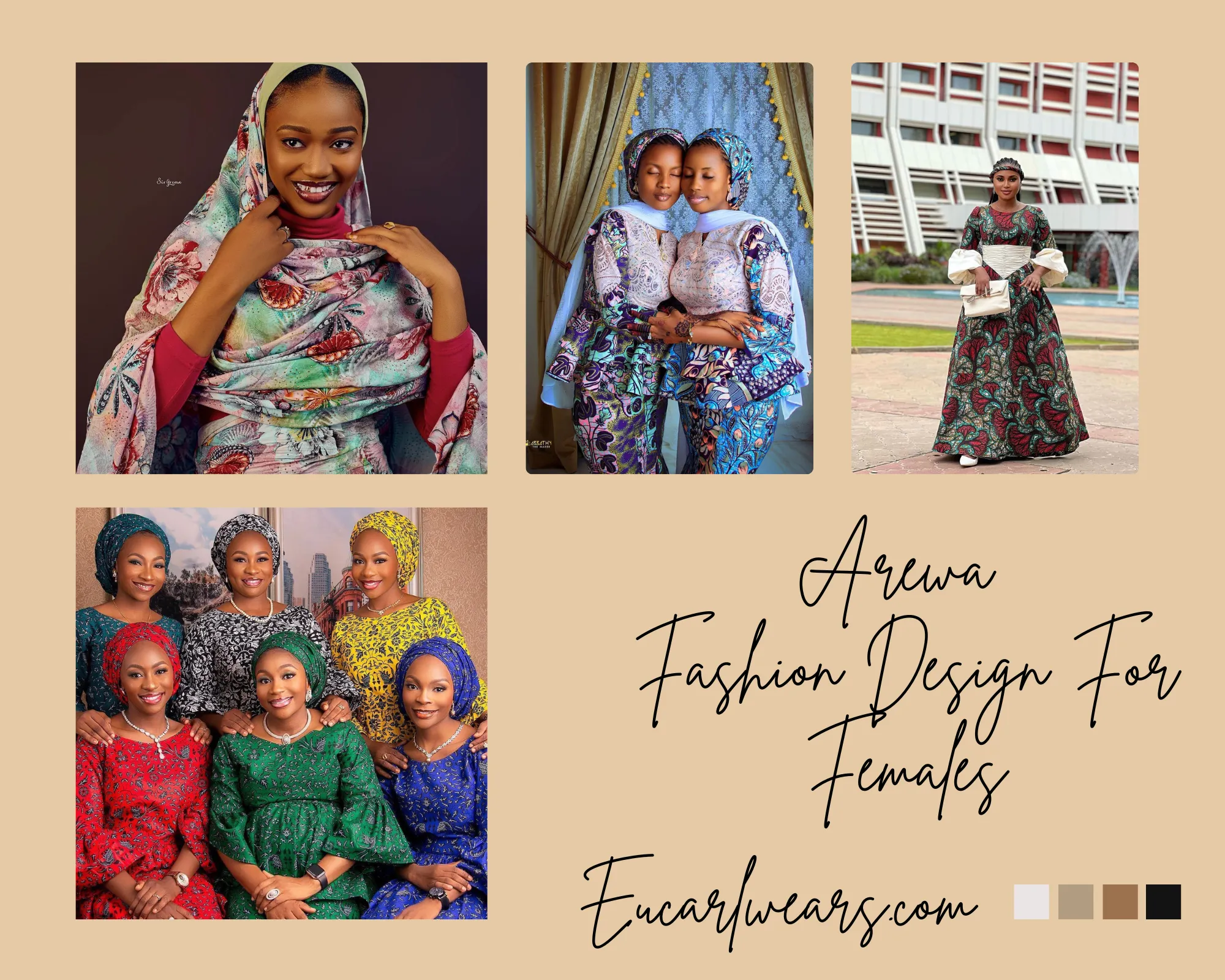African Wear
Astounding Faso Dan Fani Clothing Styles
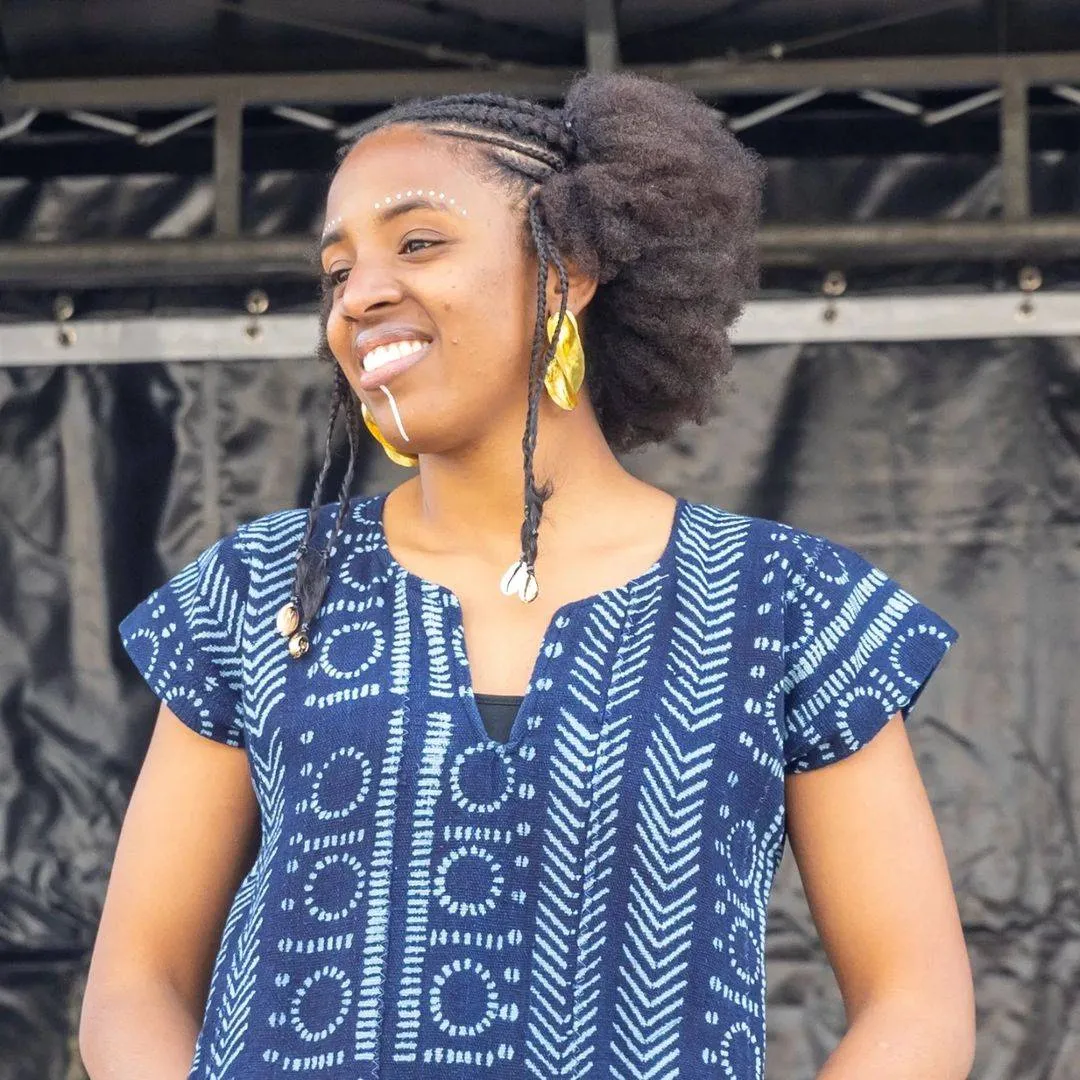
The Faso Dan Fani Clothing Styles means “Woven Cloth of the Homeland” or “pagne tissé de la patrie” in Dioula is Burkina Faso‘s national cloth. Singularly, the translations are Fani (pagne) – a cloth or wrapper, Dan (tissé) – woven, and Faso (patrie) – homeland.
Faso Dan Fani also known to locals as FDF is a cotton cloth made in a unique handwoven style. The patterns and methods of weaving used on the cloth vary depending on the particular ethnic group or tribe.
Most African textiles are woven and like many, the Faso Dan Fani were historically woven and sewn by the men while the women were left to do the spinning and dyeing. Over time, roles changed and women began weaving the clothes themselves.
The original creators of Faso dan Fani are the Marka people of Burkina Faso. Their styles were an indigo-dyed textile made from cotton, kapok, and a traditional silk type called tuntun.
The dyes used for cloth production are believed to have healing and protection properties because of their spiritual and physical attributes.
Thomas Sankara on Wearing Faso Dan Fani
Over 3 decades ago, the then Burkina Faso President – President Thomas Sankara instituted the Faso Dan Fani as a symbol of the national identity of the people. He made the textile a compulsory work cloth to encourage locals to wear the clothing more.
Thomas Sankara declared it a necessity for all the villages of Burkina Faso to “produce and consume Burkinabé“, in 1986.
According to the President:
“In all, we know how to grow cotton. In all villages, women know how to spin cotton, men know how to weave it into cloth, and other men know how to sew those threads into clothes…
[Dans Tous Les villages du Burkina Faso, l’on sait cultiver le Coton. Dans tous les villages, des femmes savent filer le Coton, des Hommes savent tisser ce fil en pagnes et d’autres hommes savent coudre Les pagnes en vêtements …]” and further “We should not be slave of what others produce [Nous ne devons pas être esclave de ce que les Autres produisent].” For the president, “wearing the Faso Dan Fani is an economic act, cultural, and political to challenge imperialism [porter le Faso Dan Fani est un acte économique, culturel, et politique de défi à l’impérialisme].”
Faso Dan Fani Clothing Styles: Pictures
